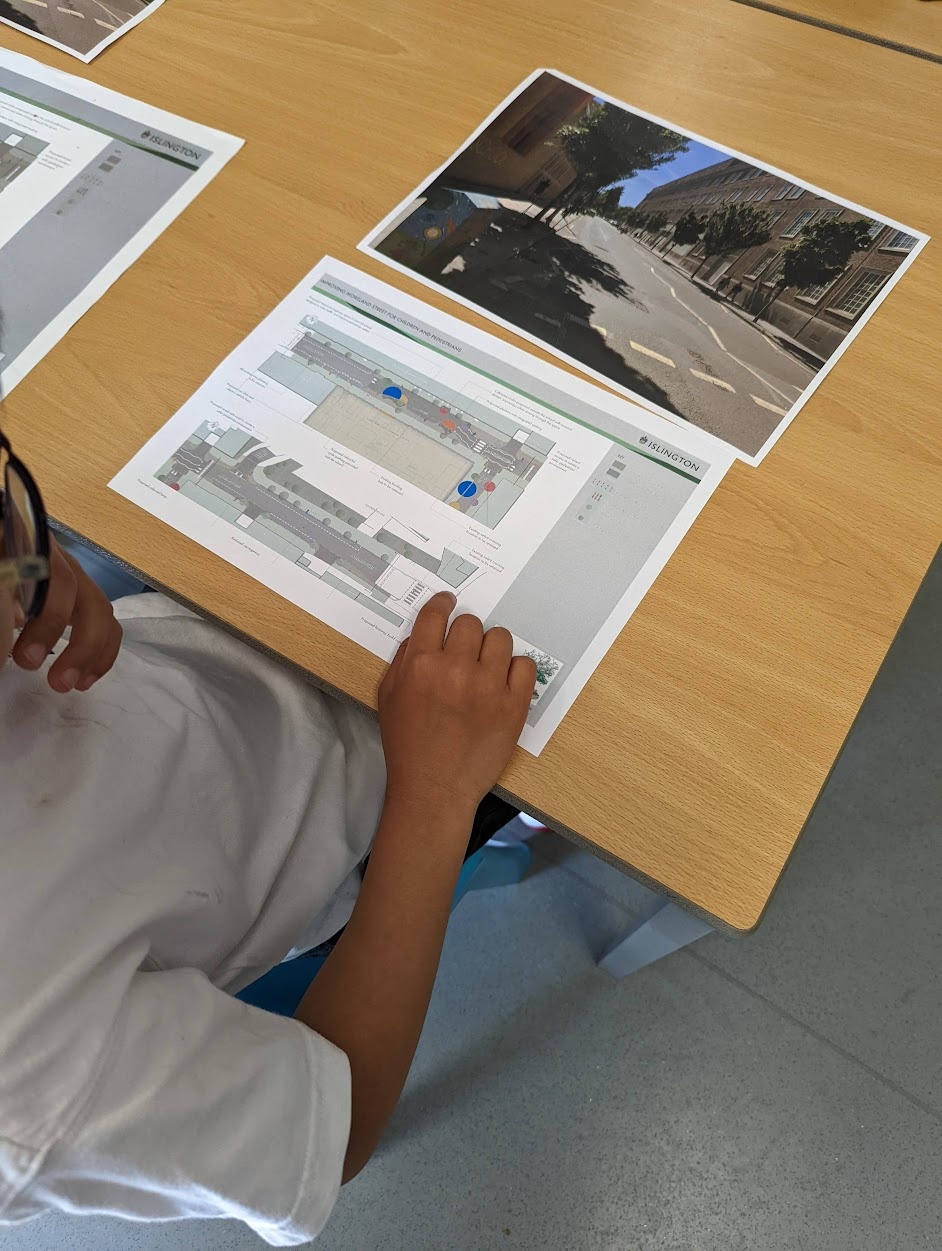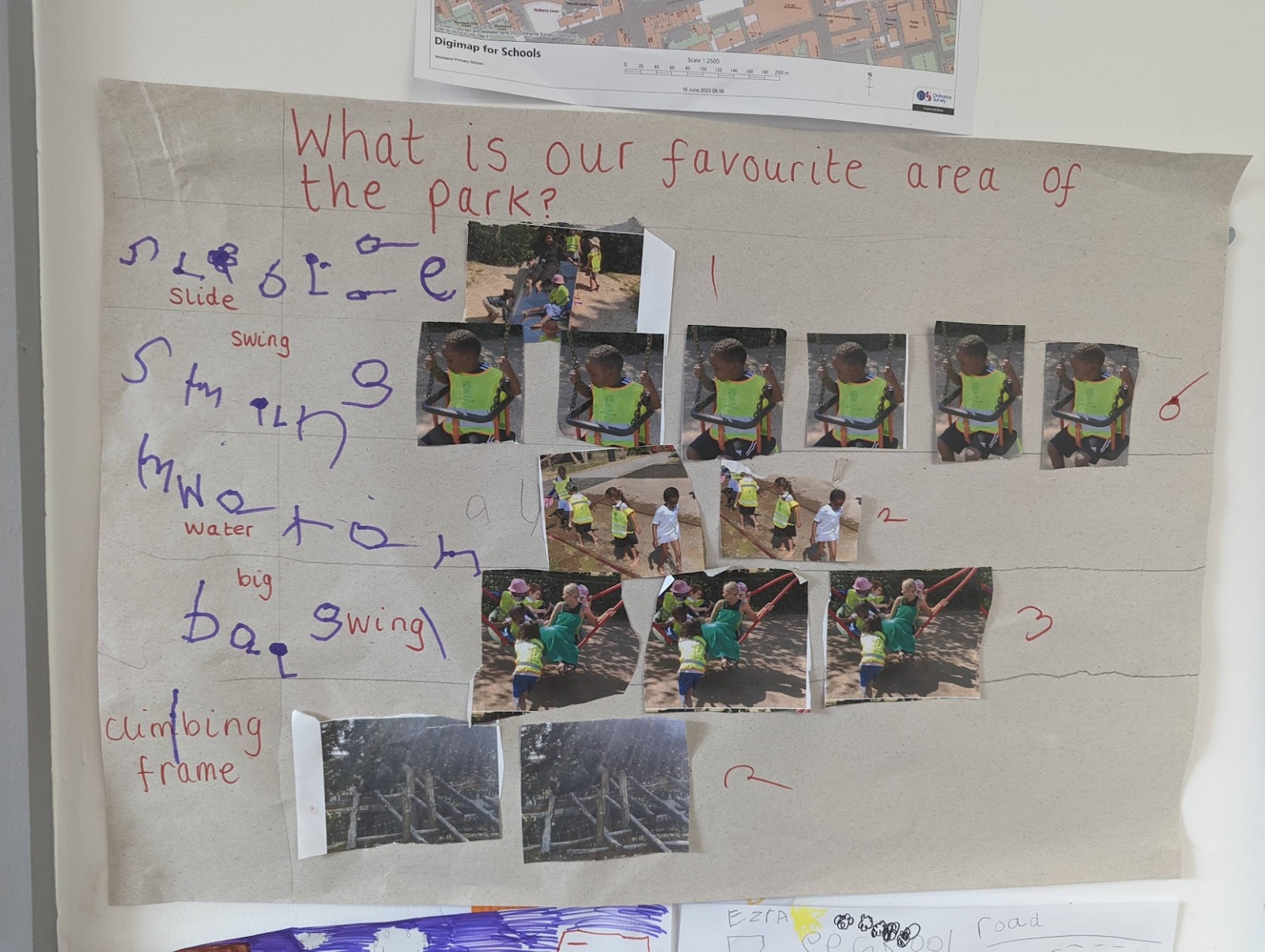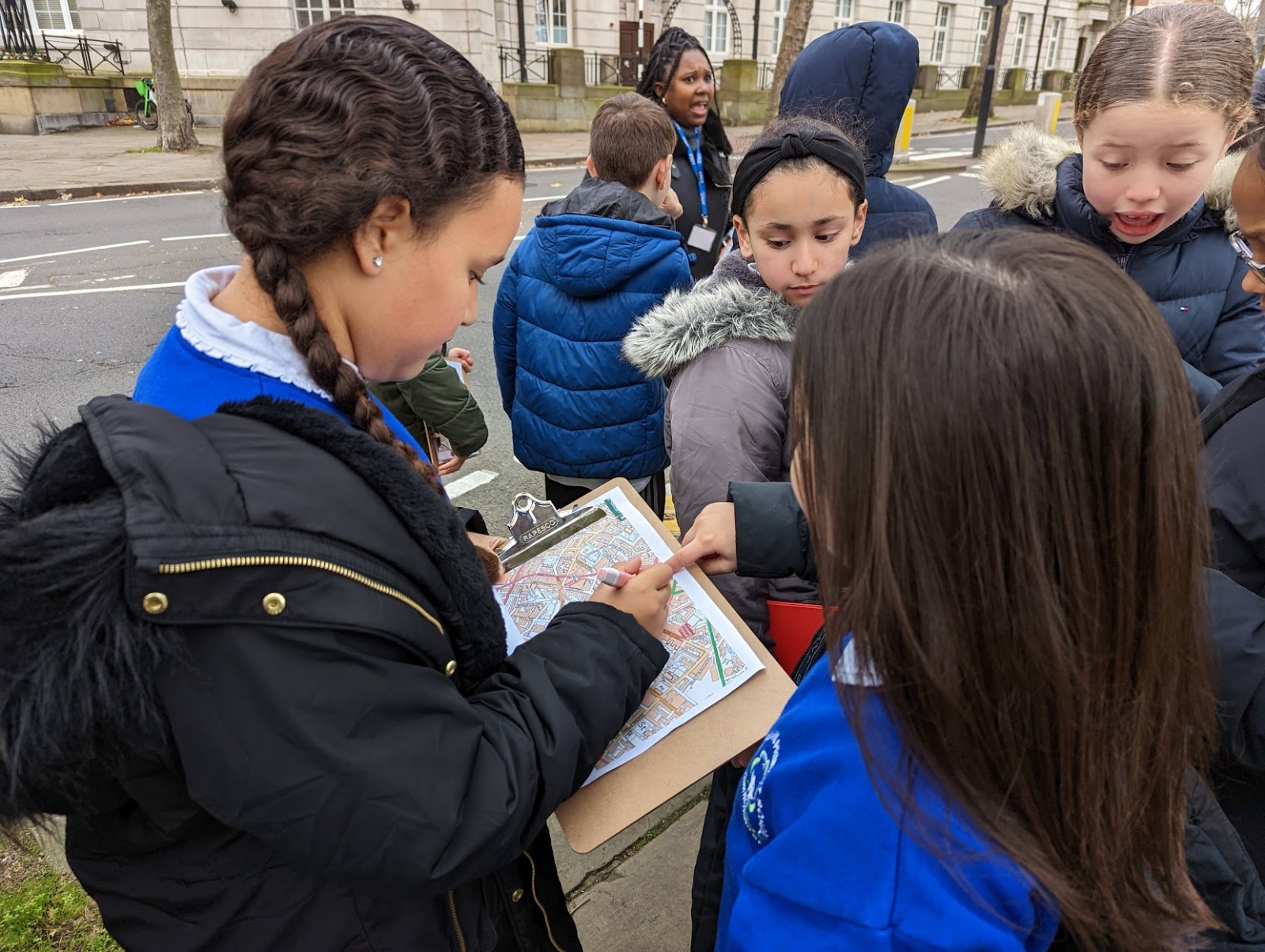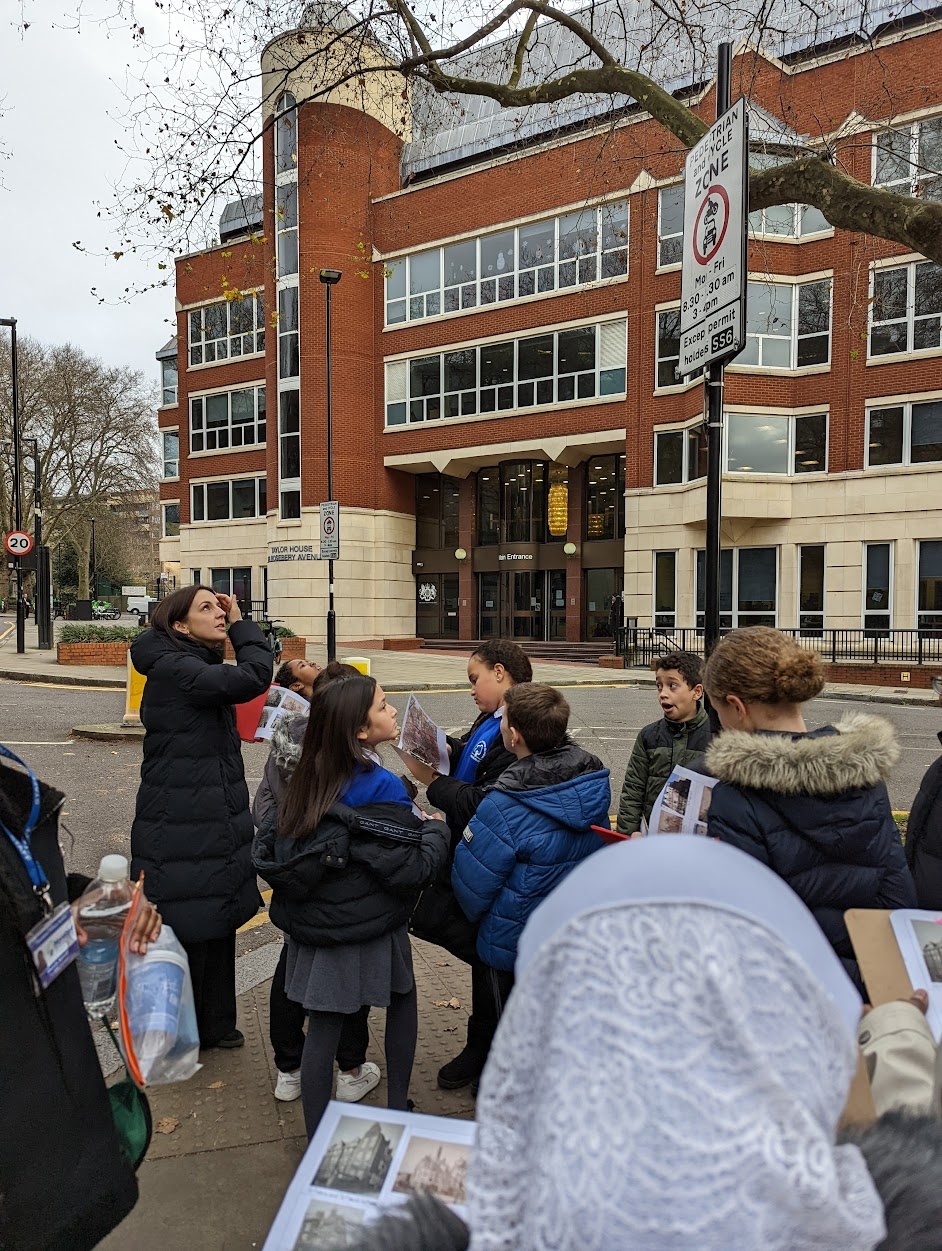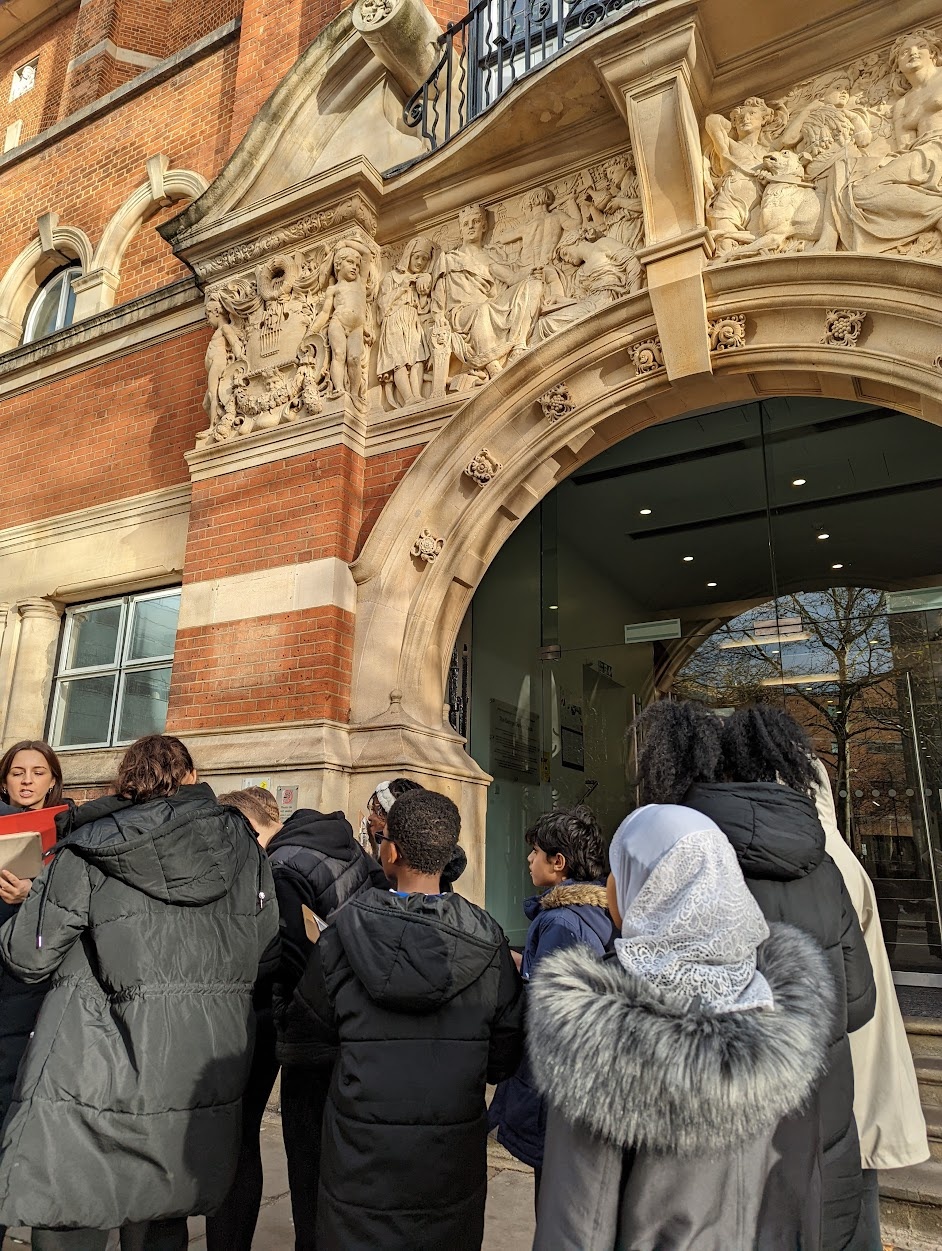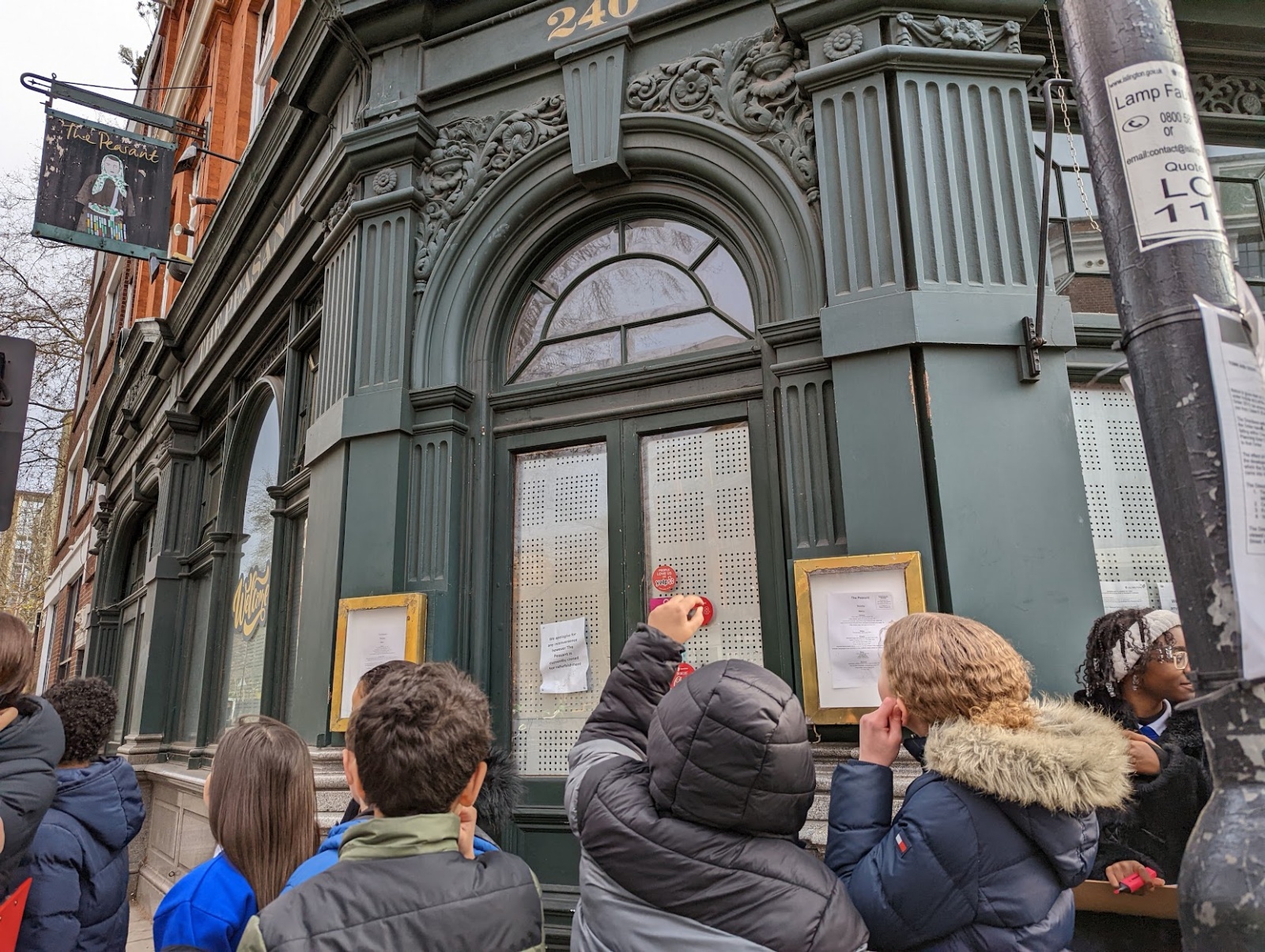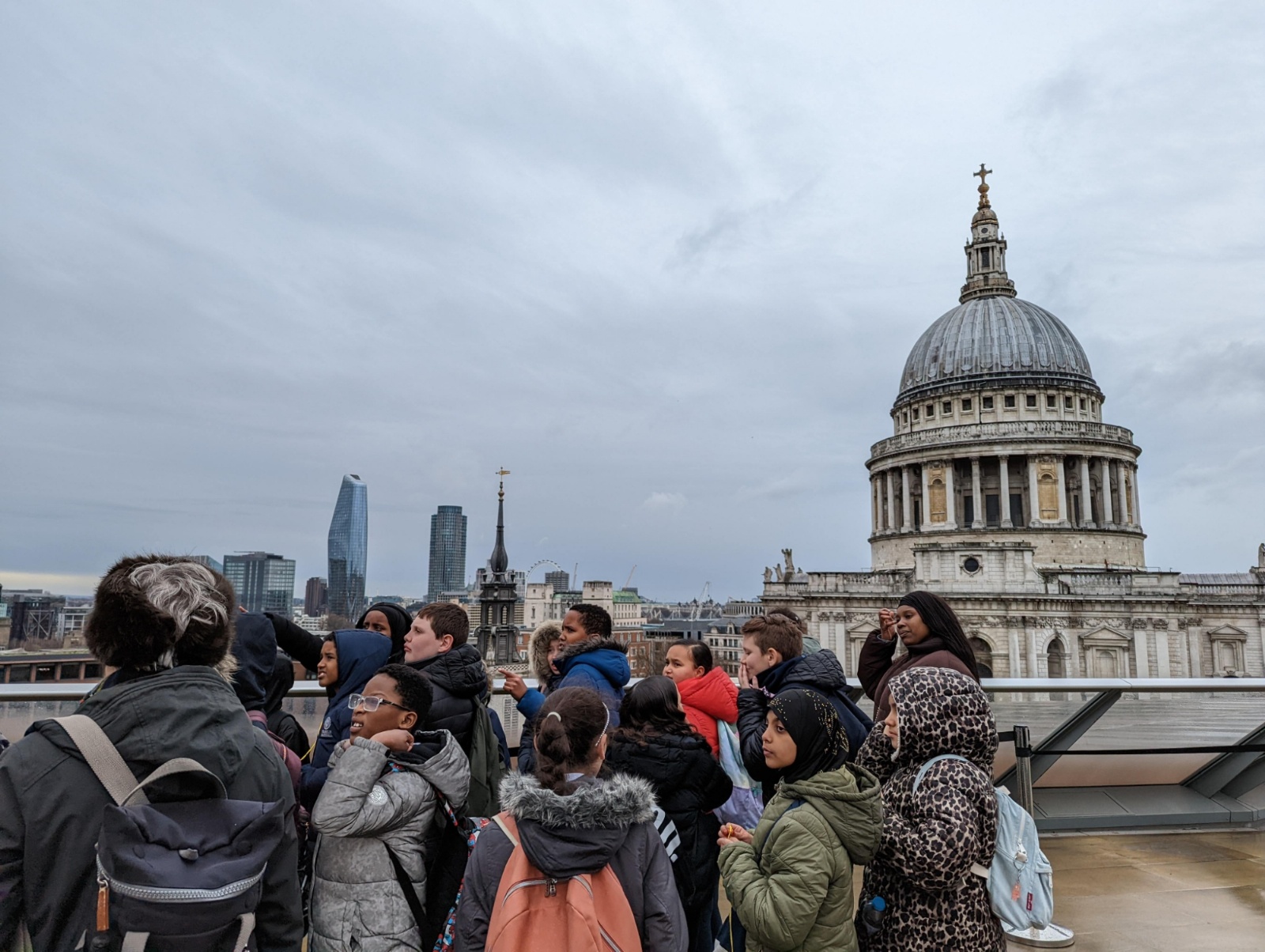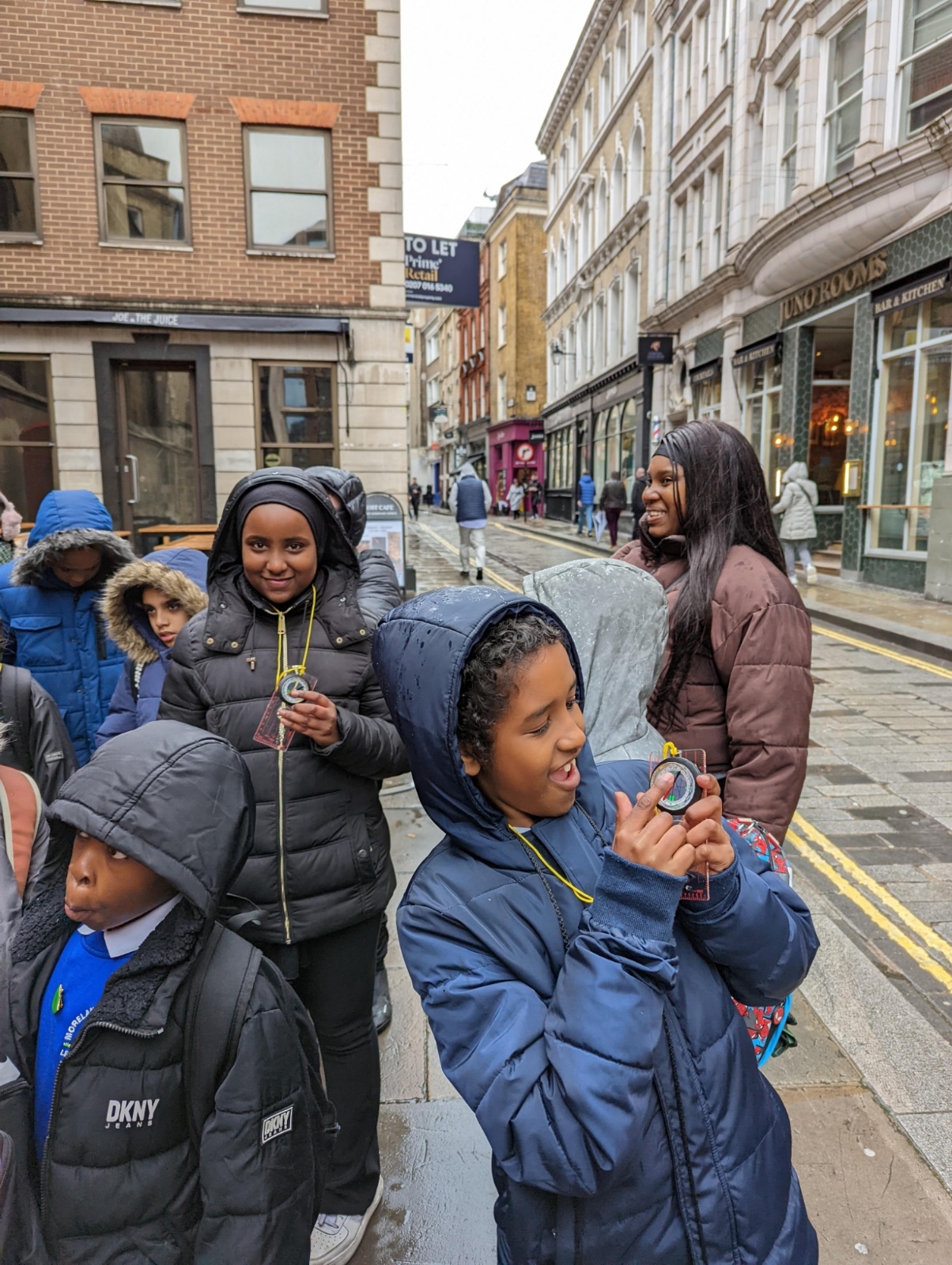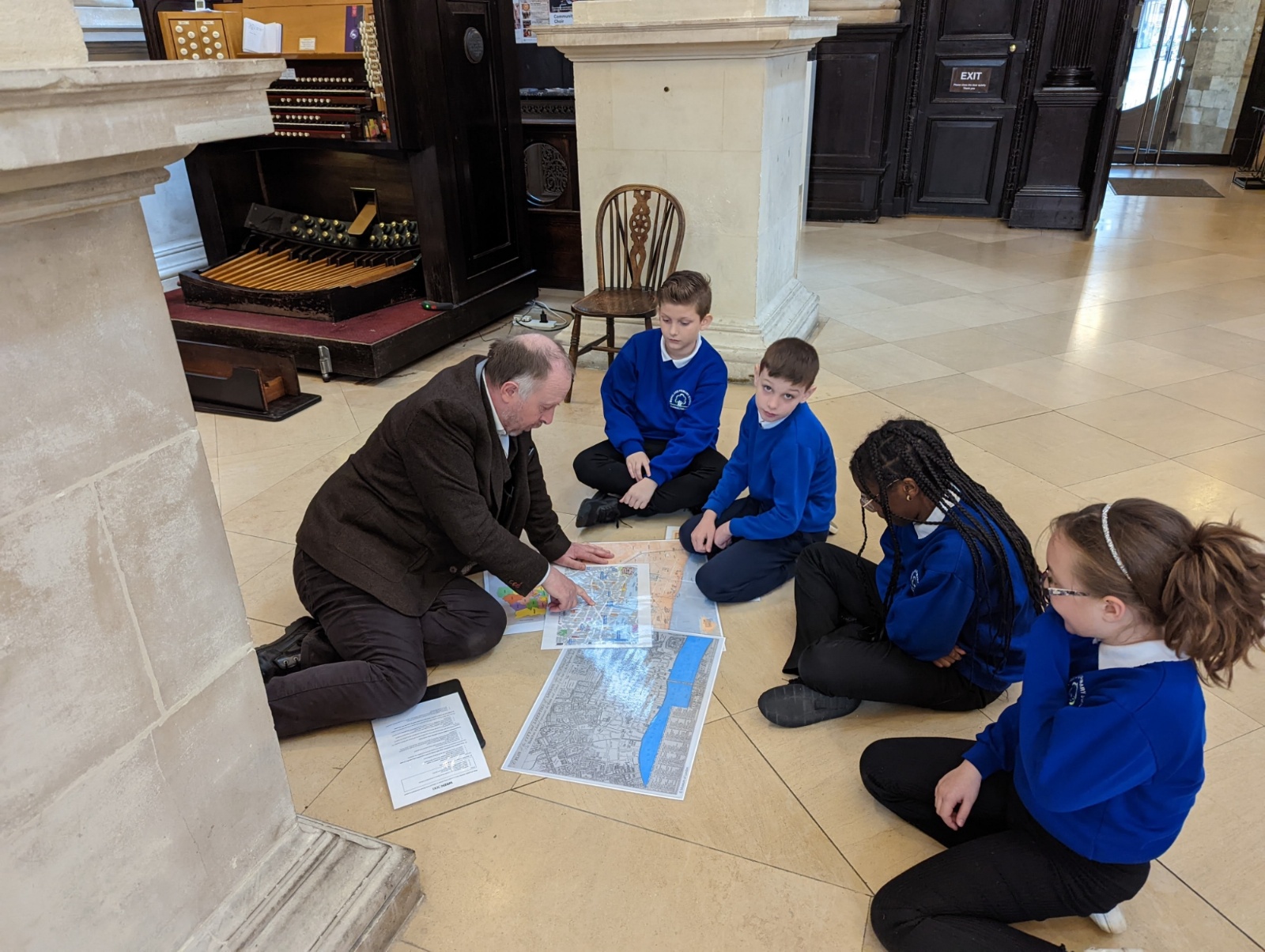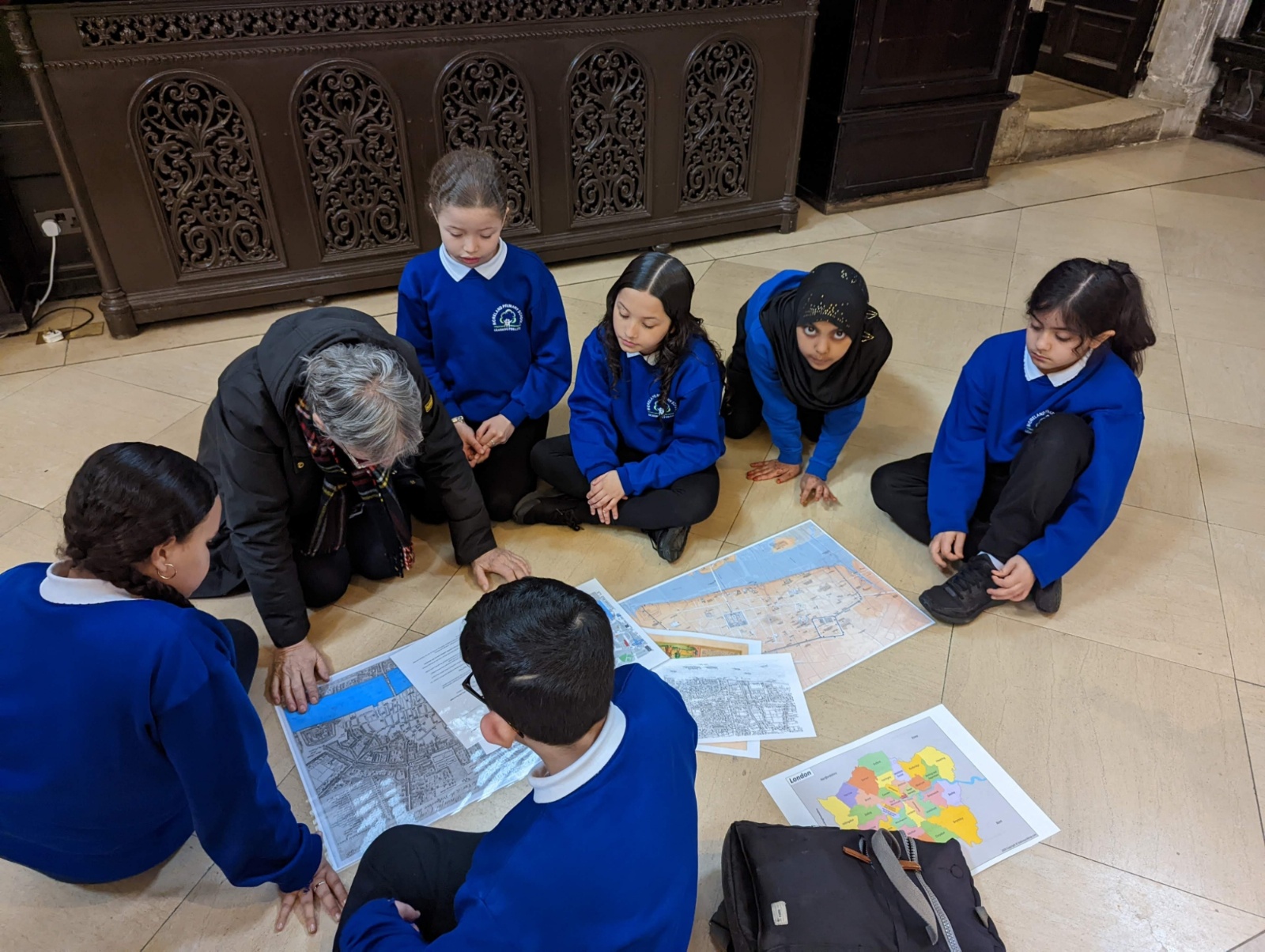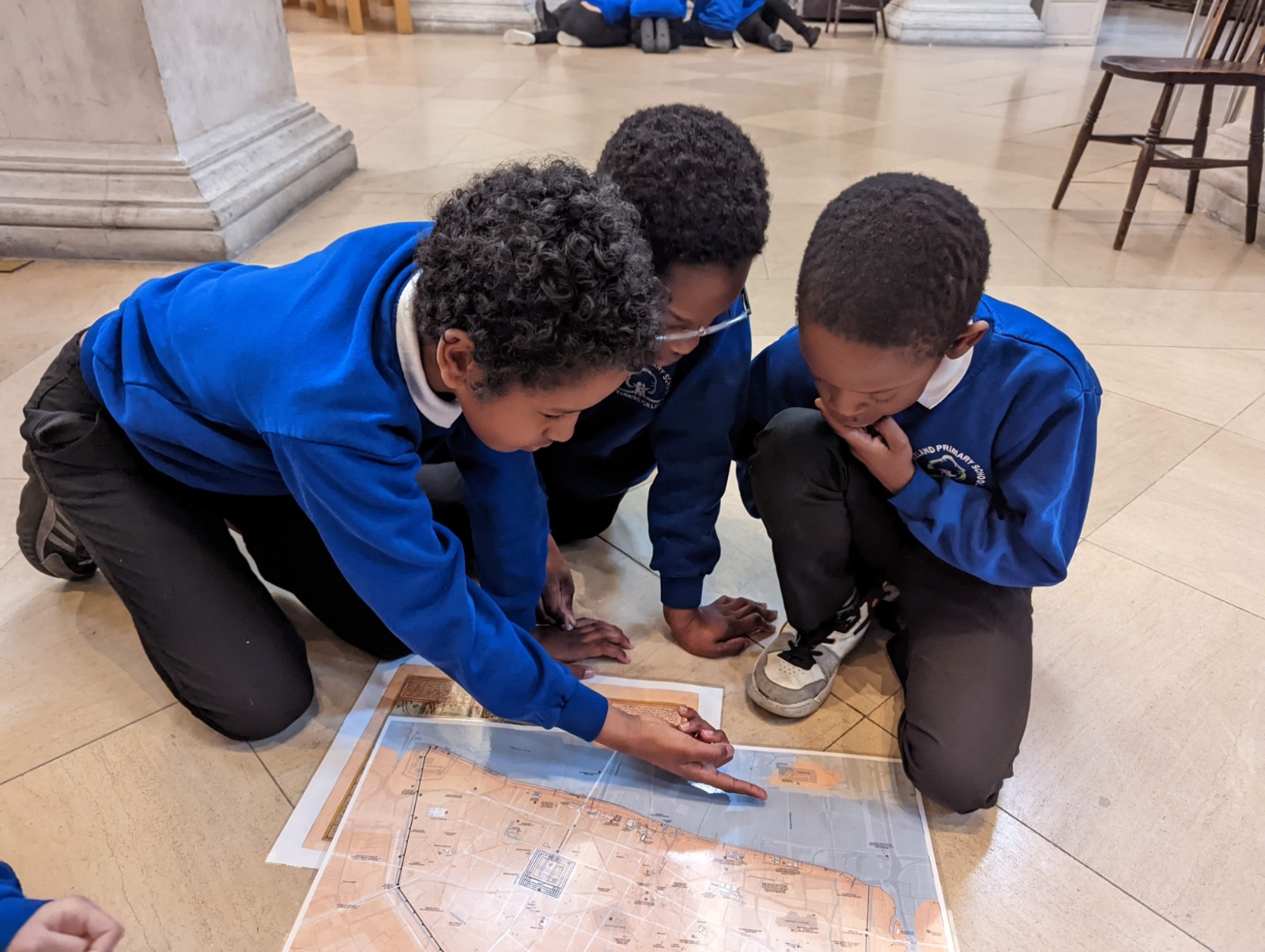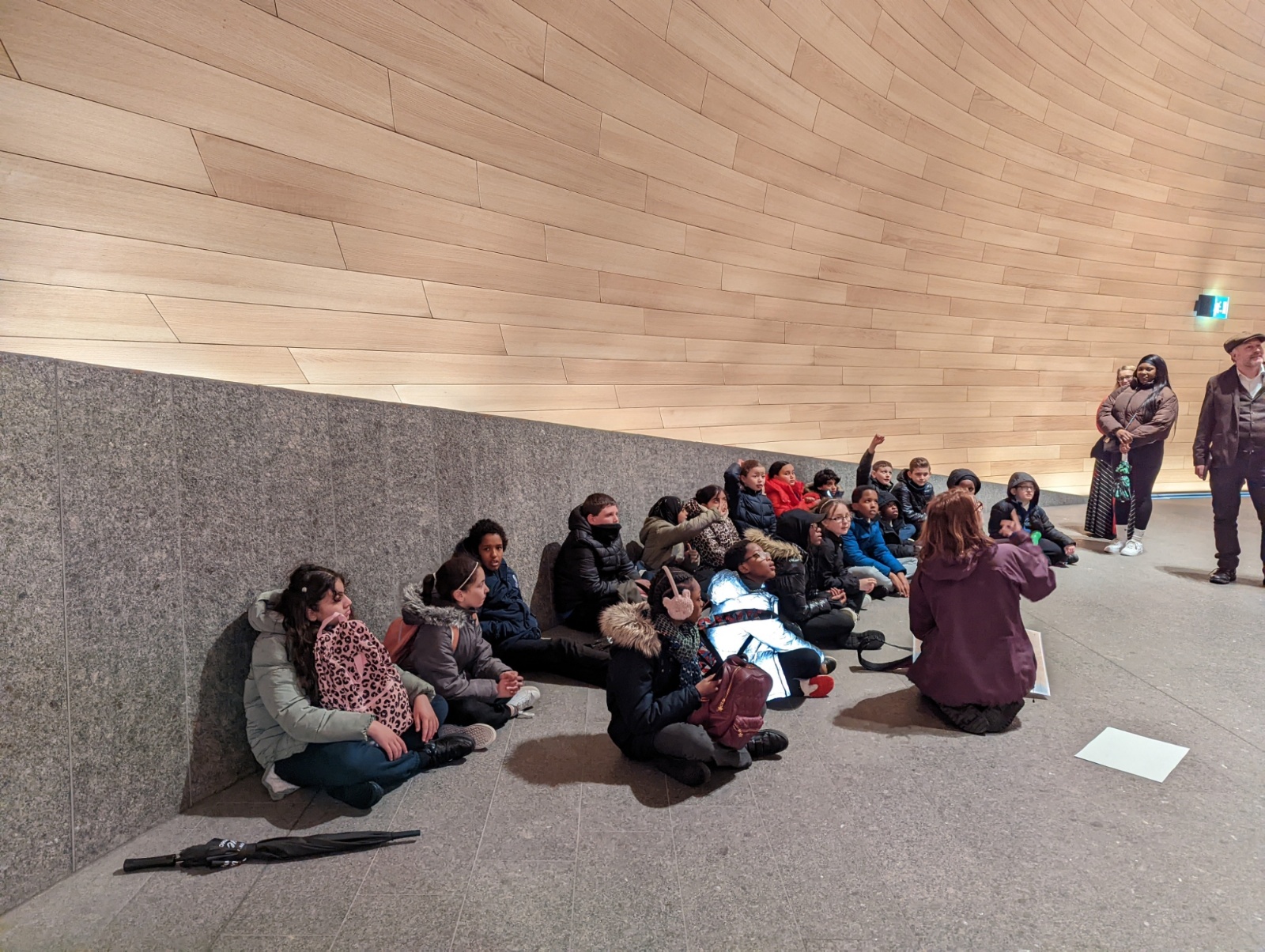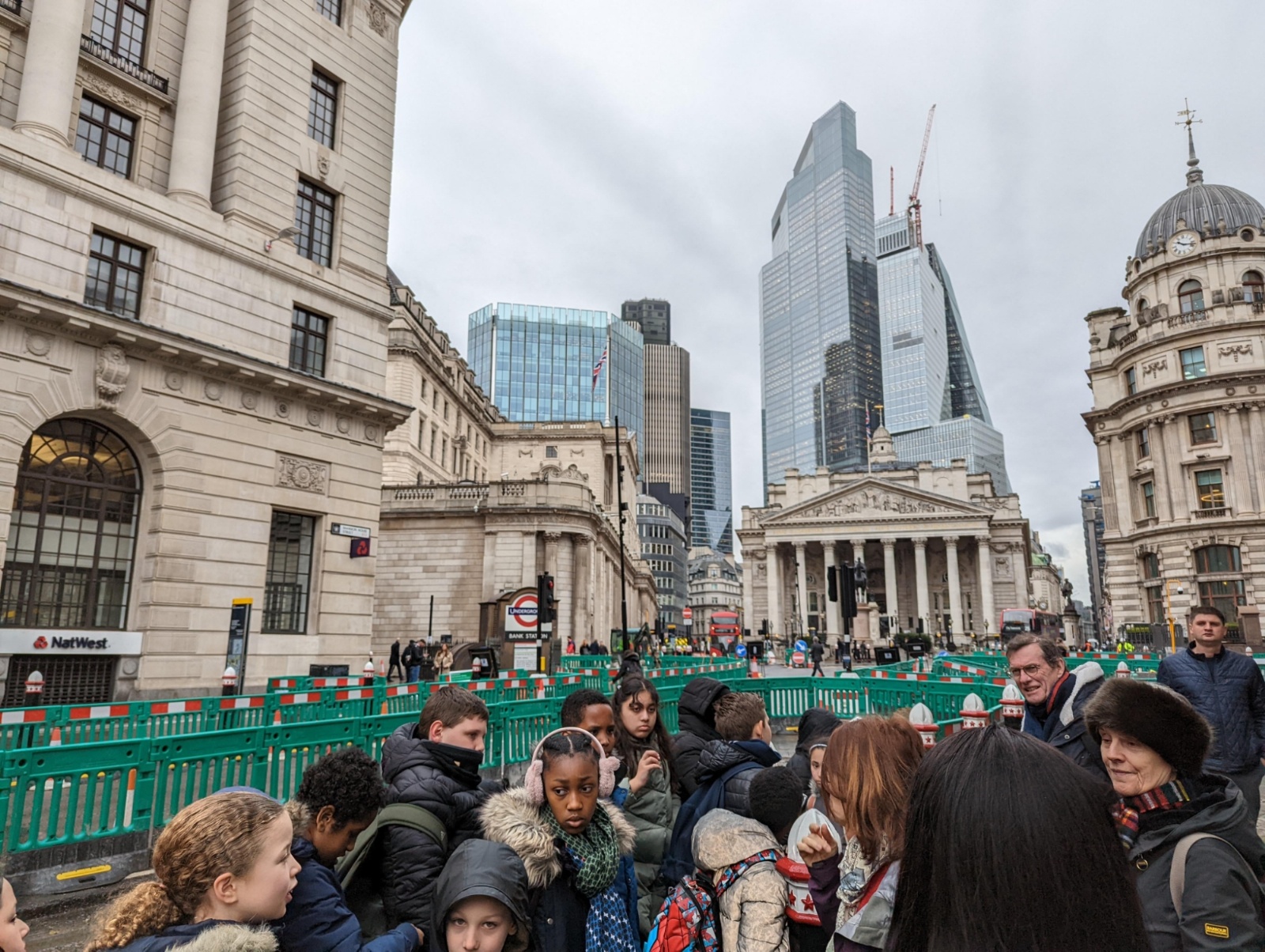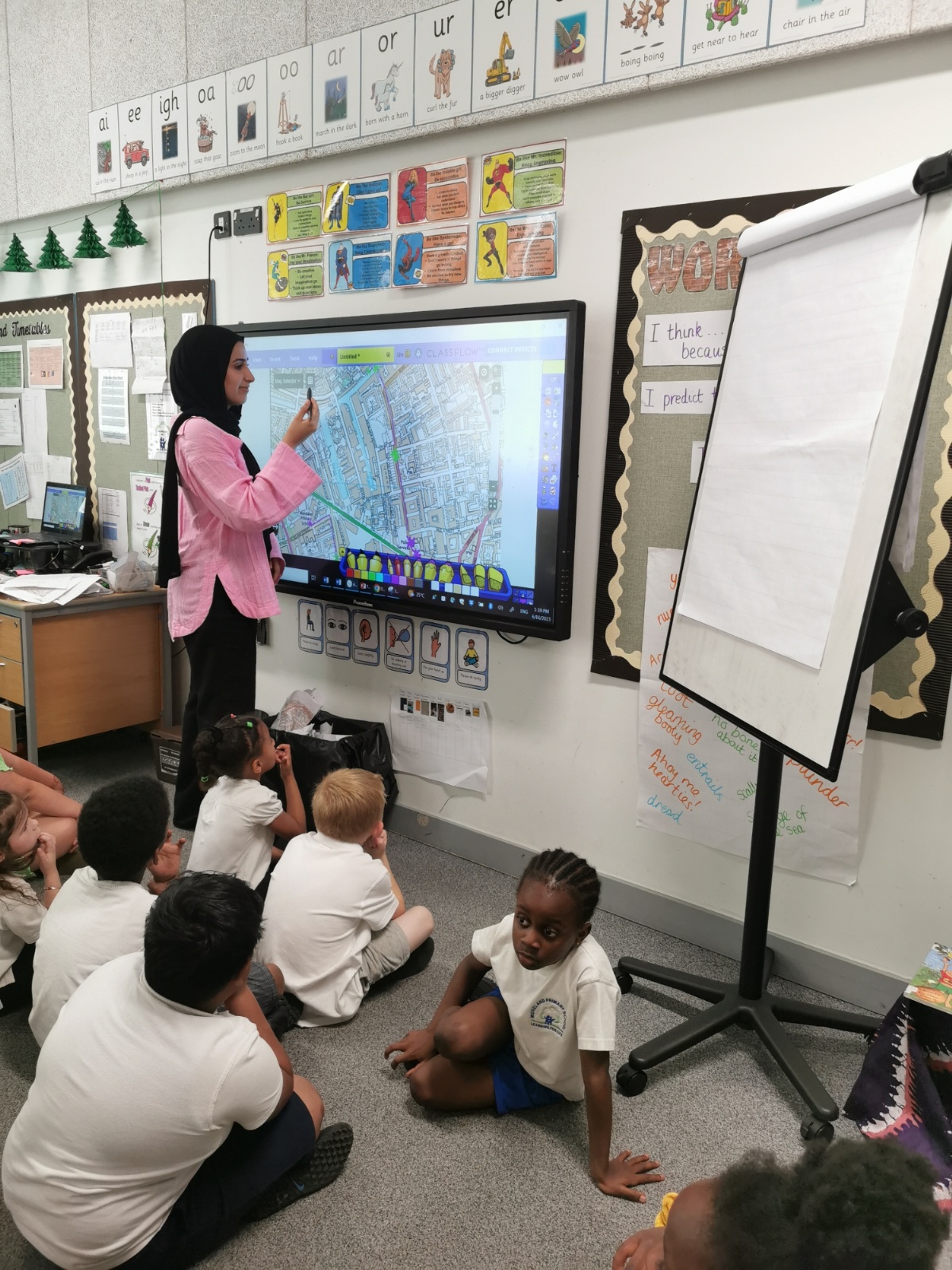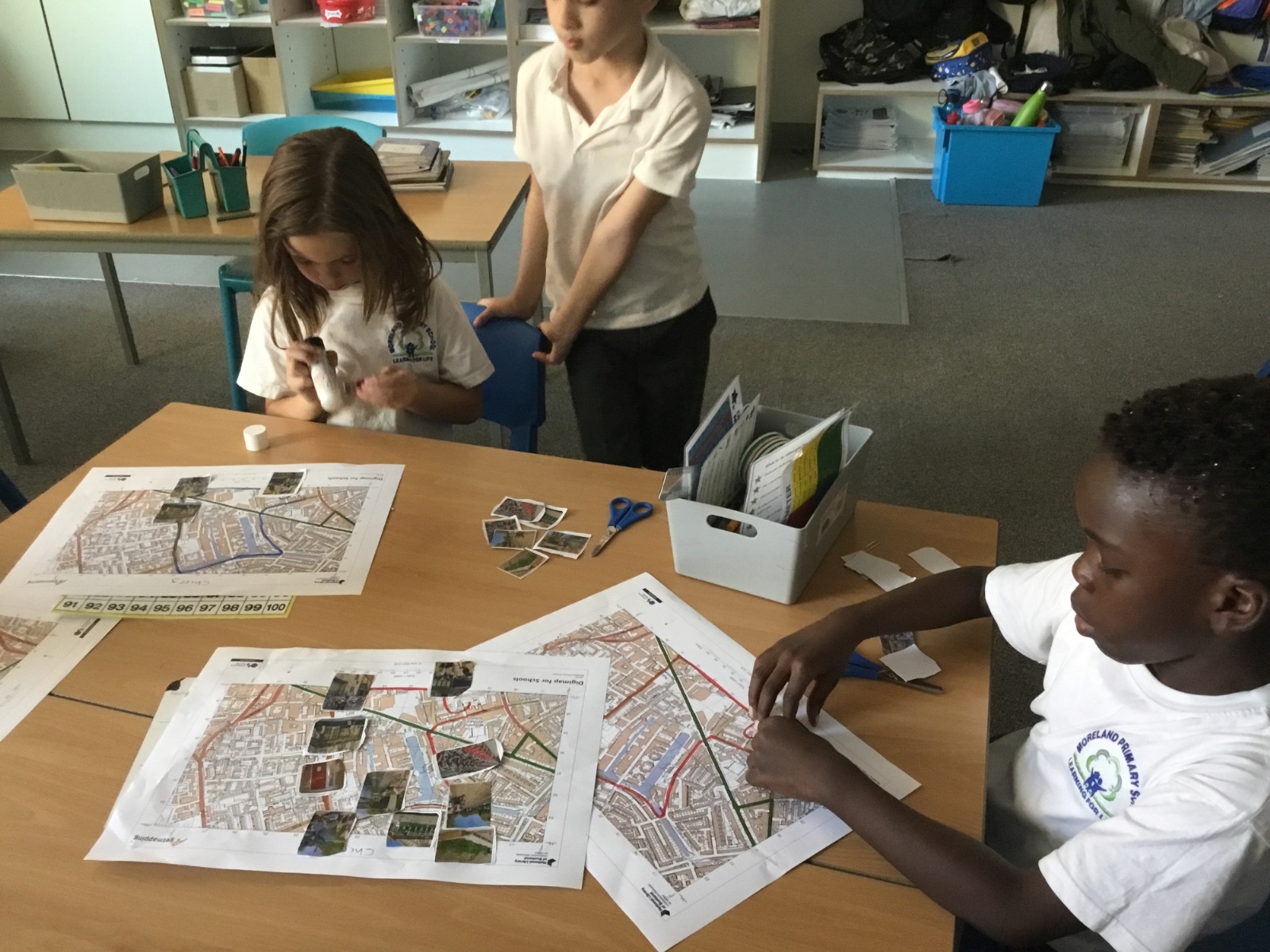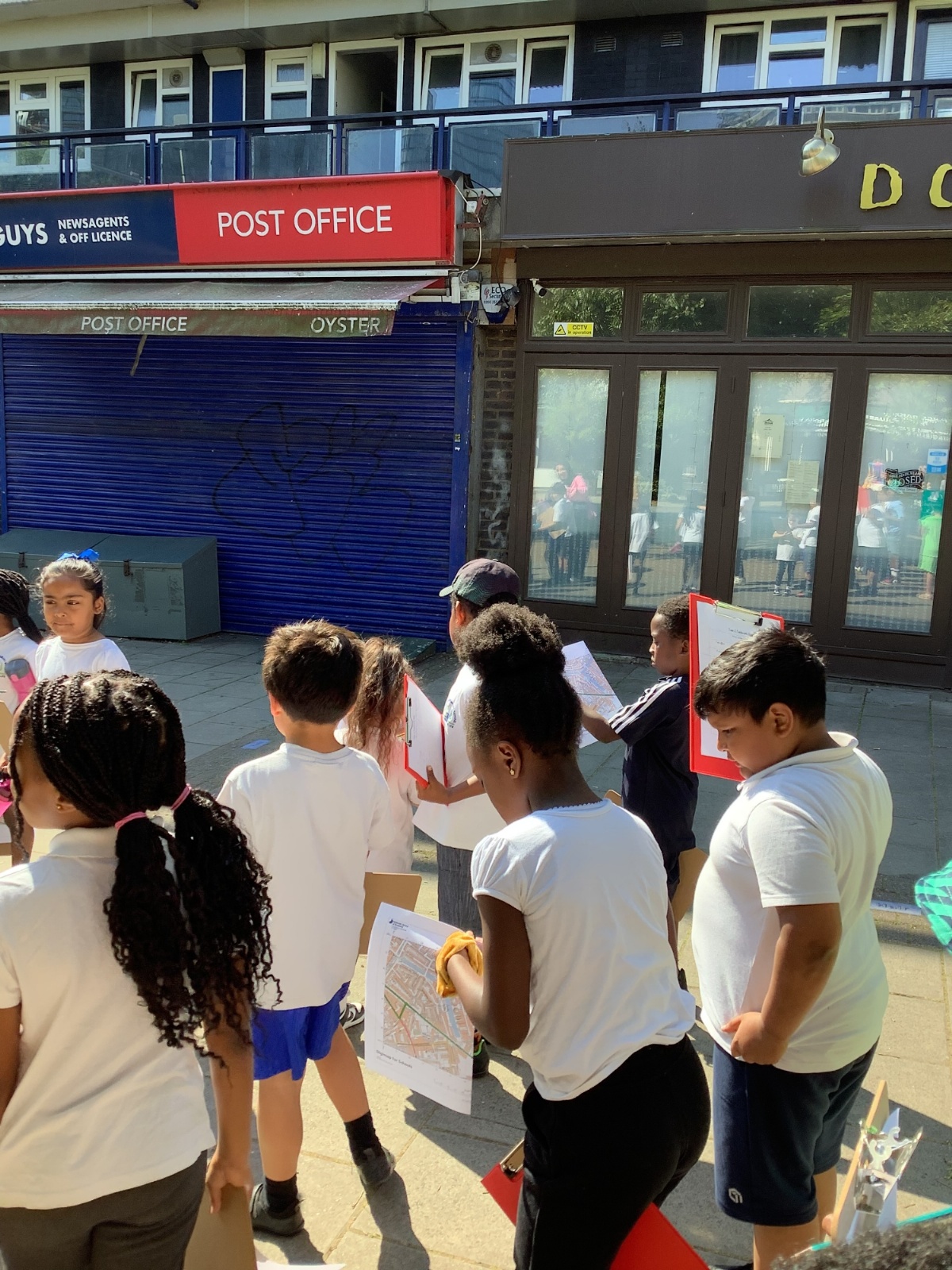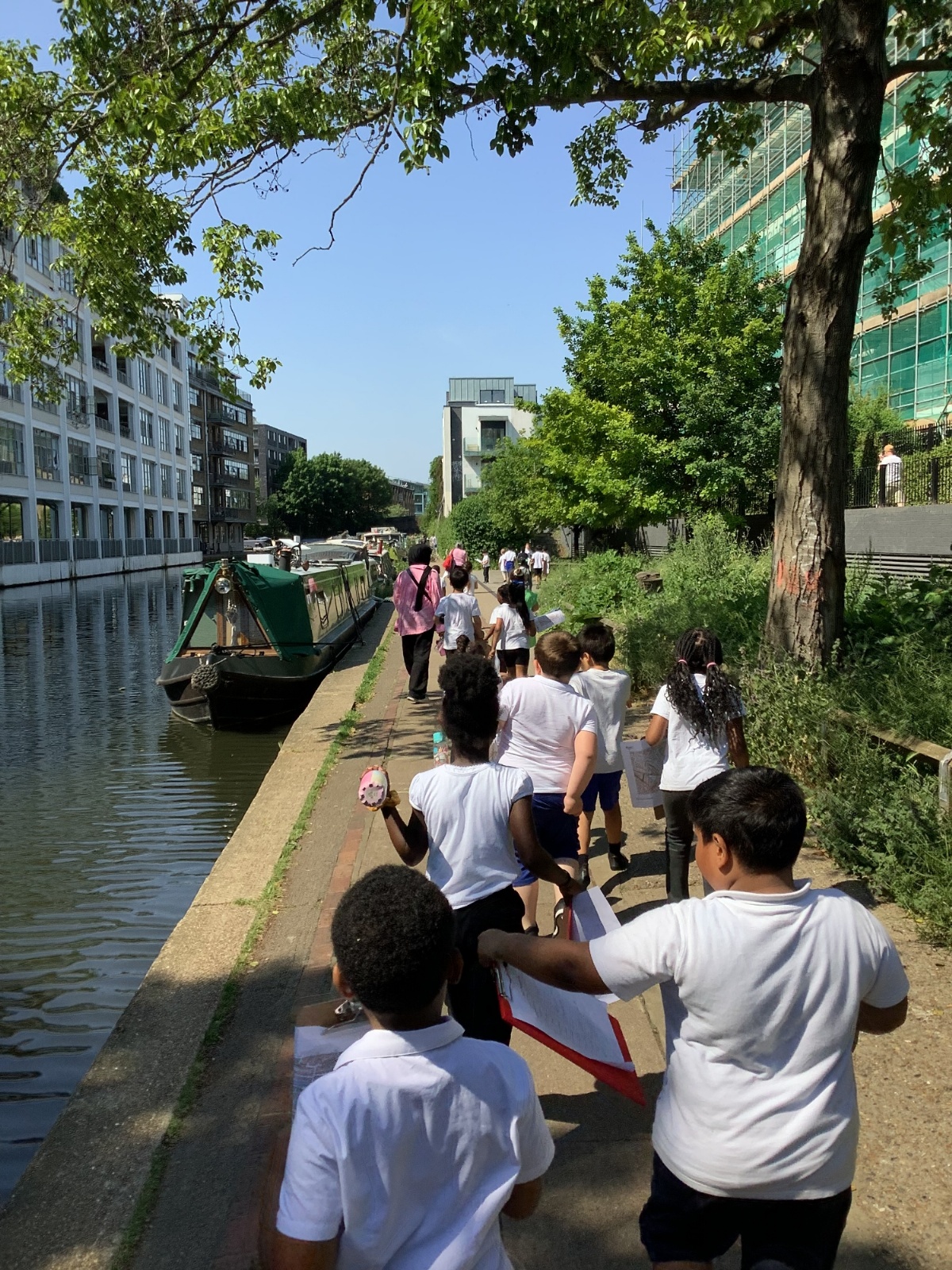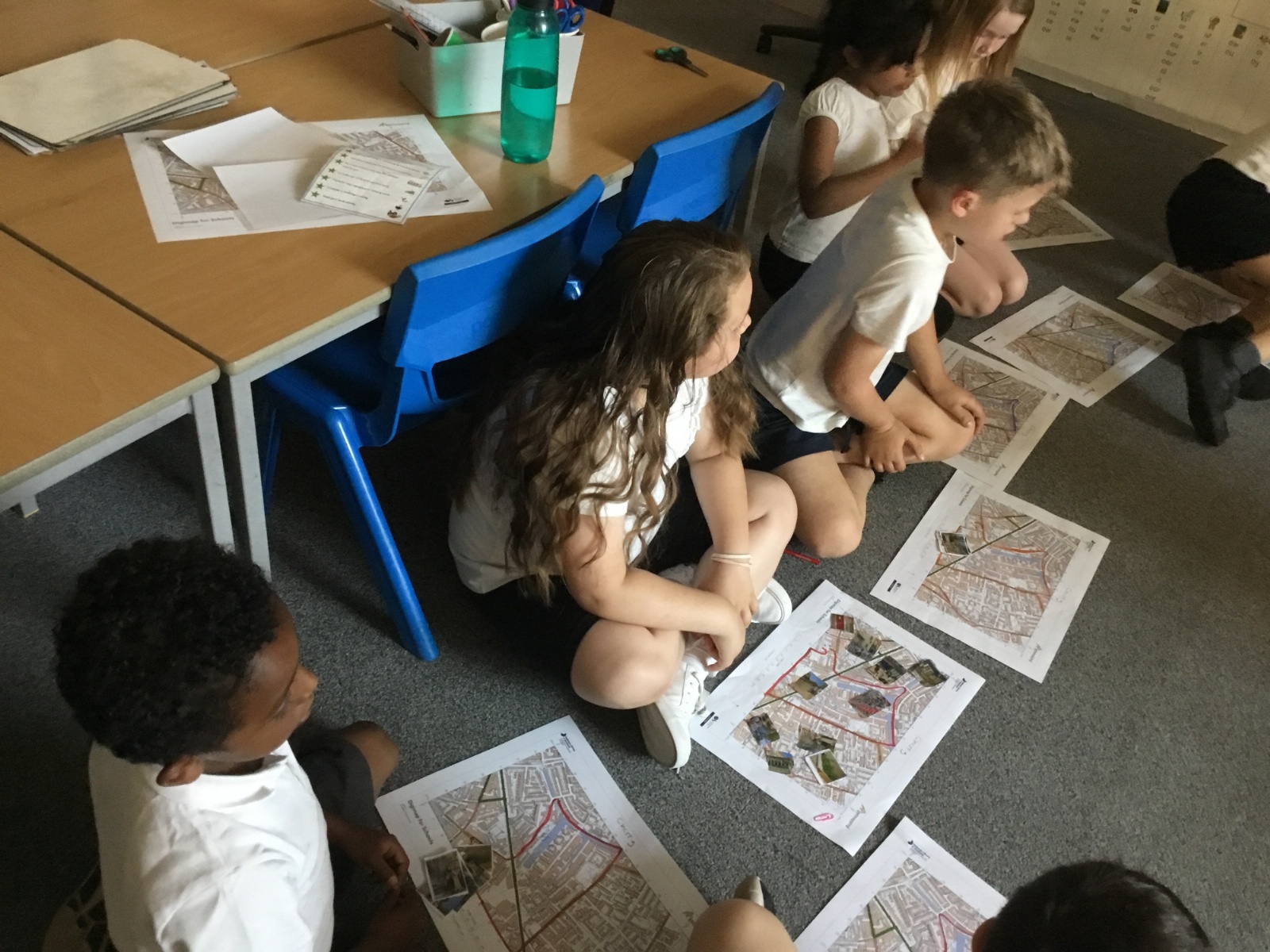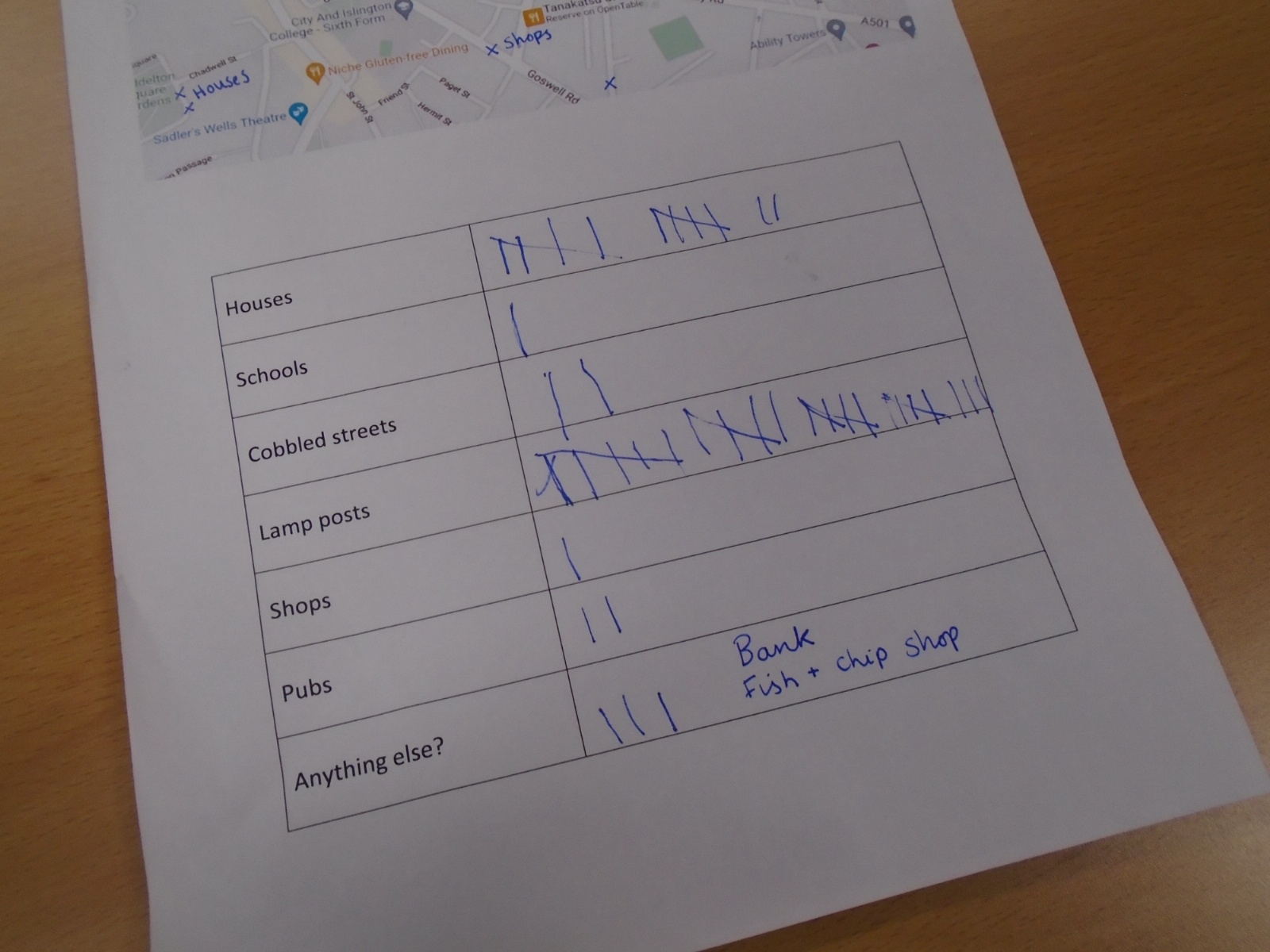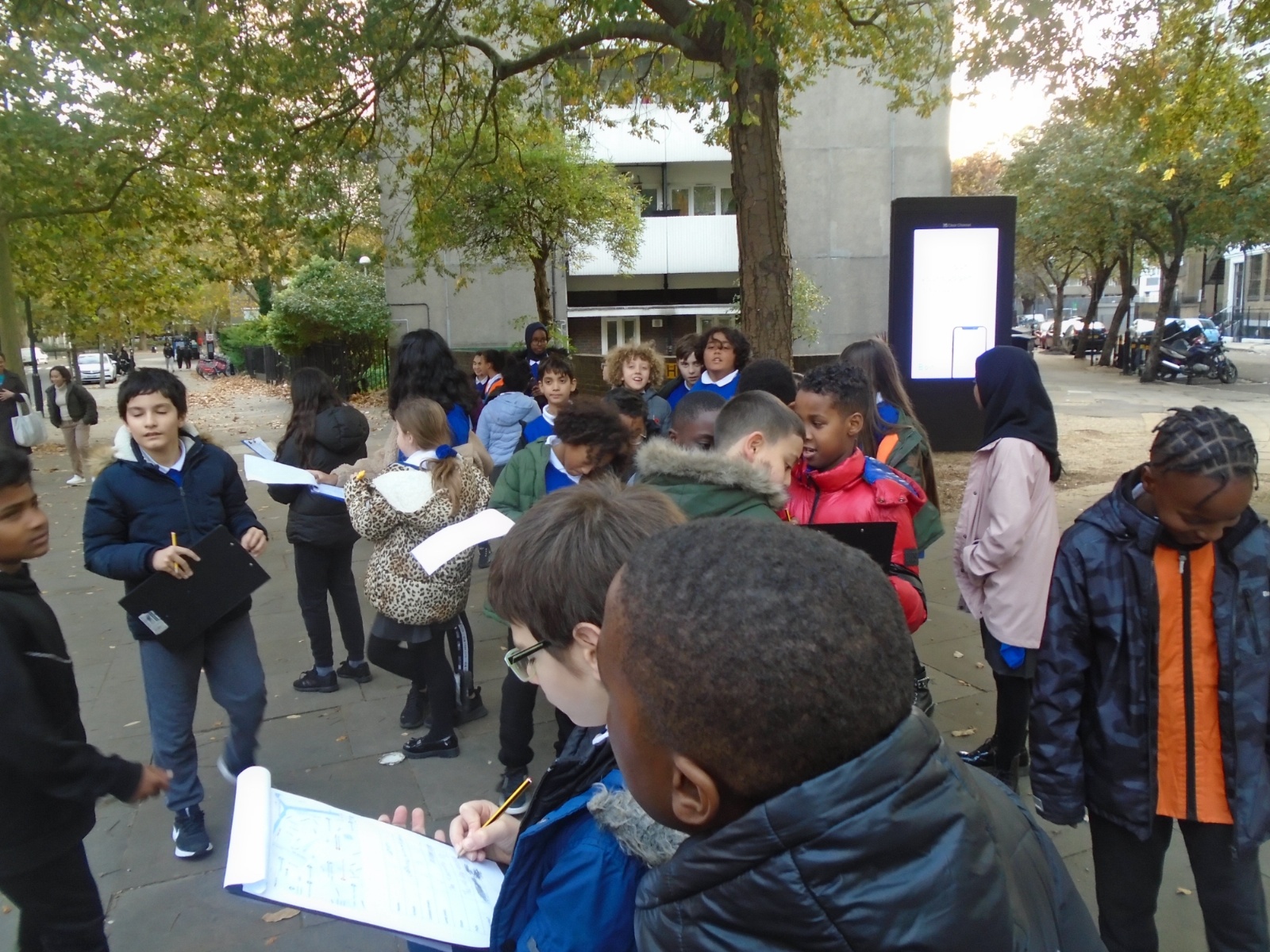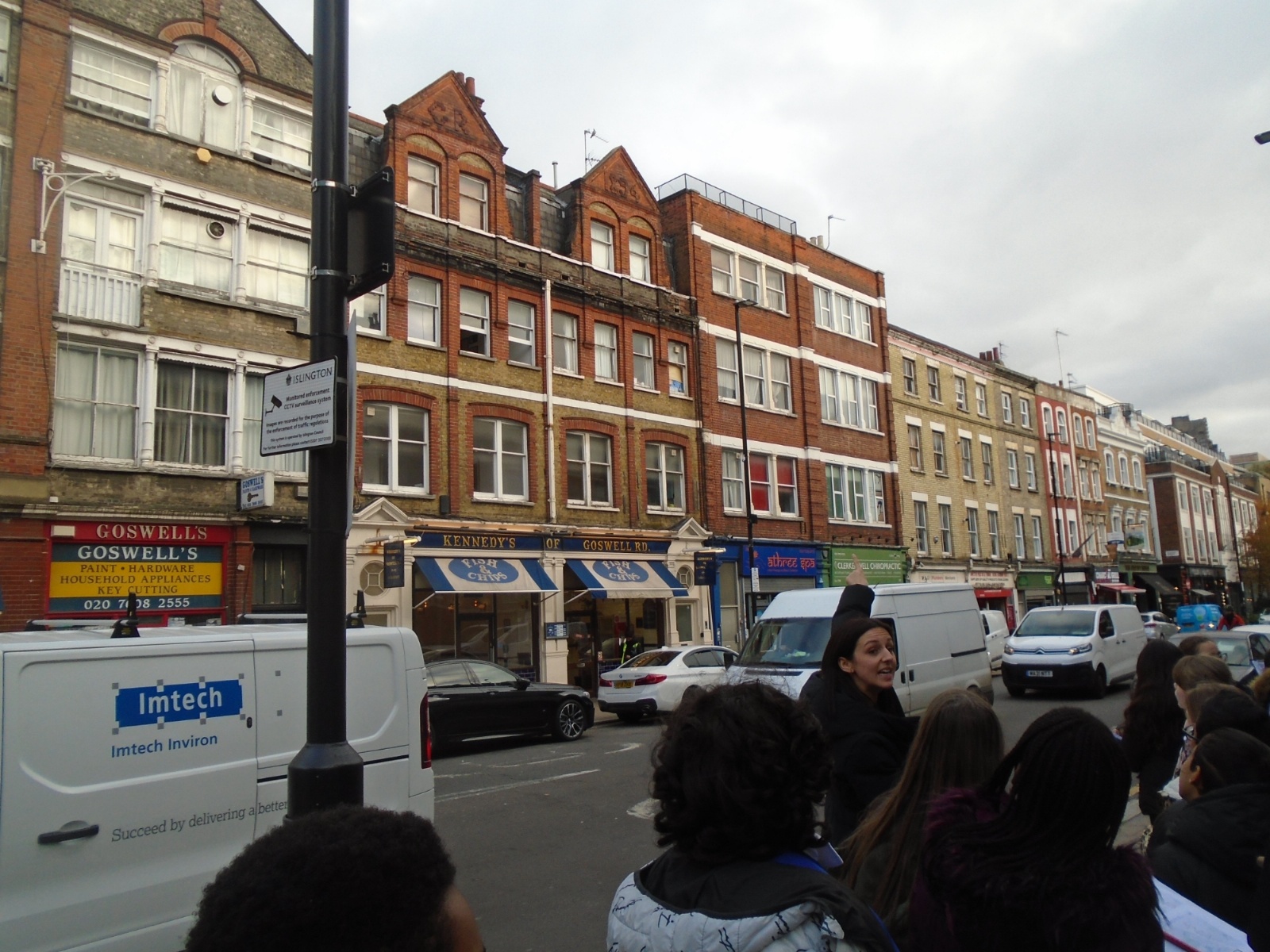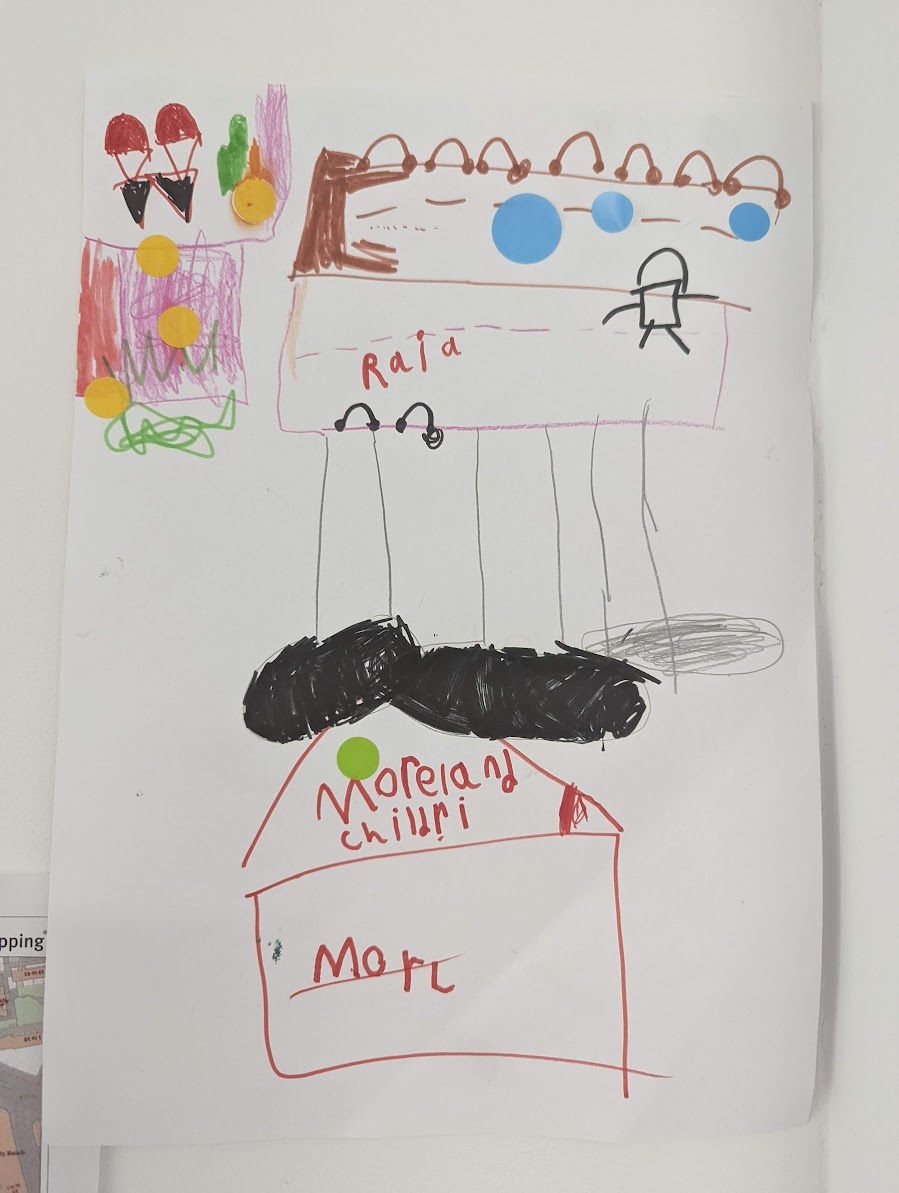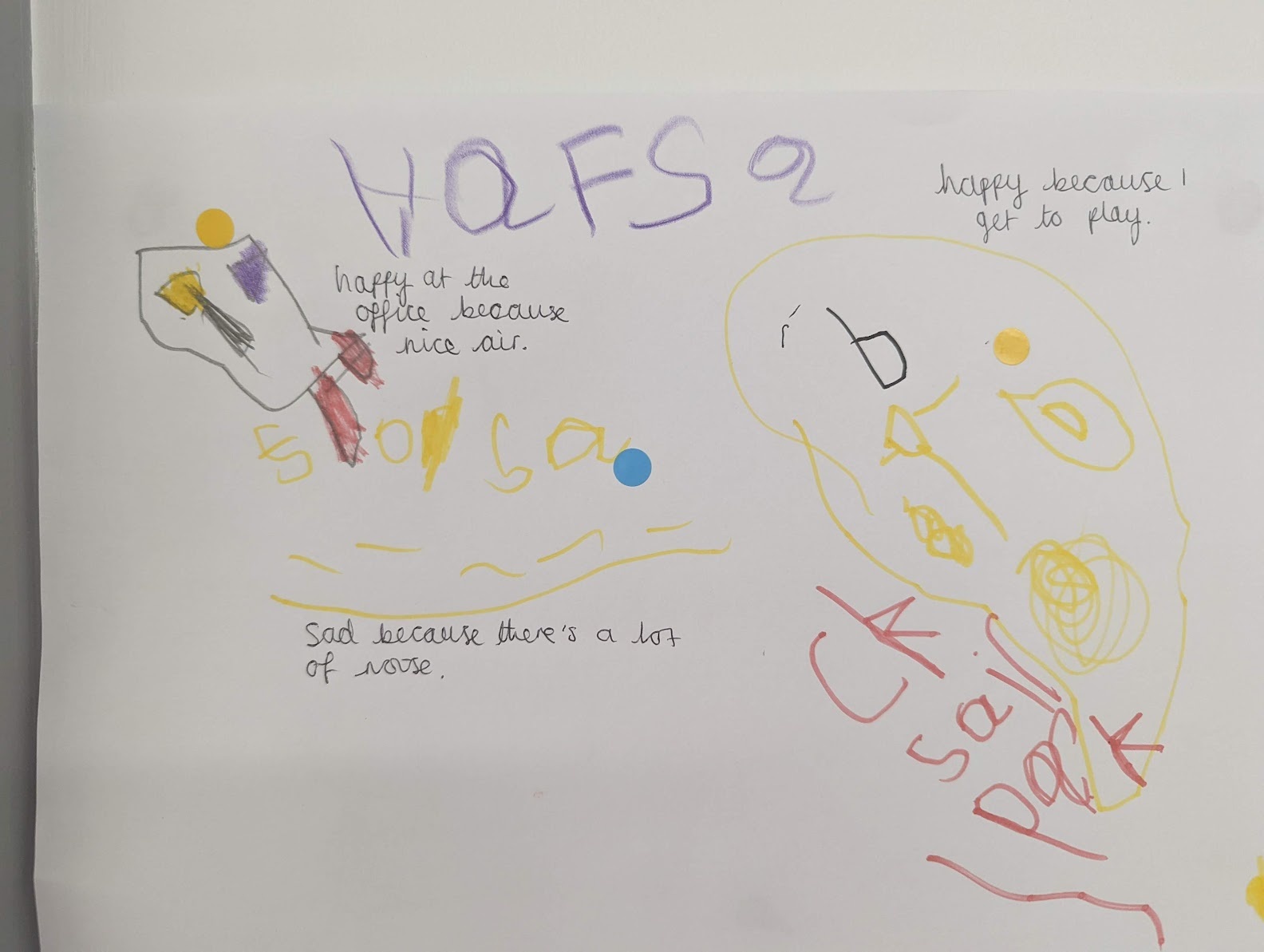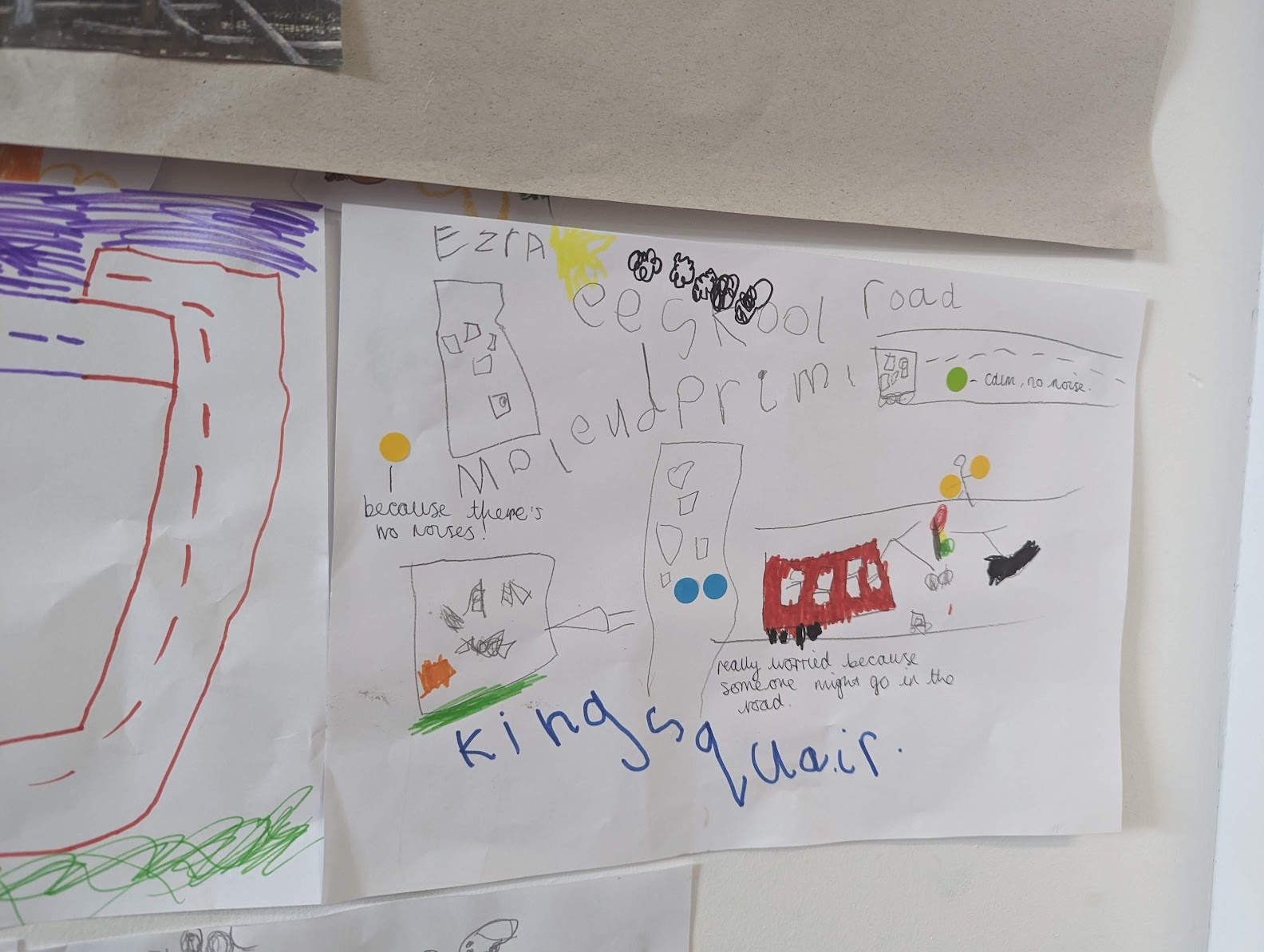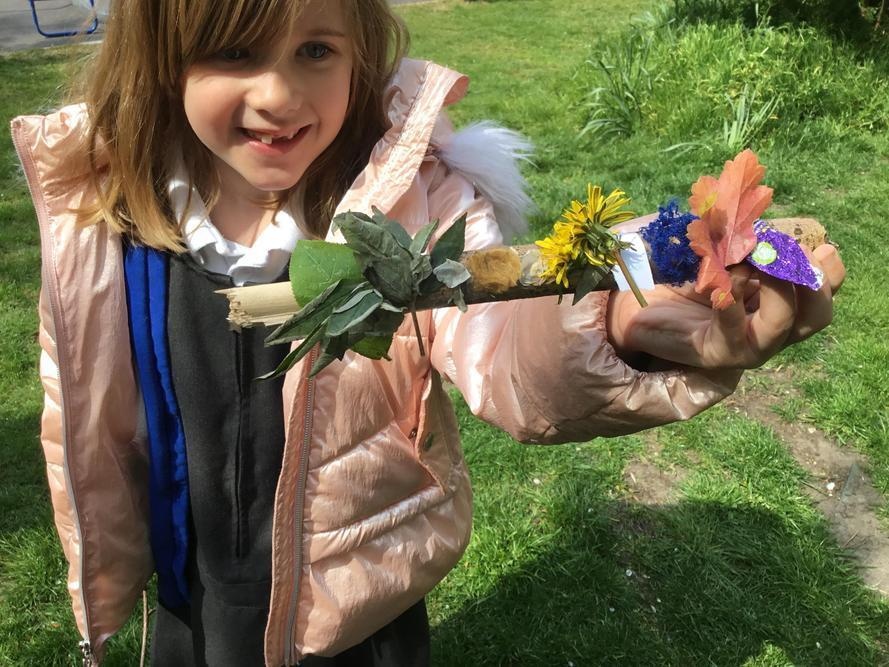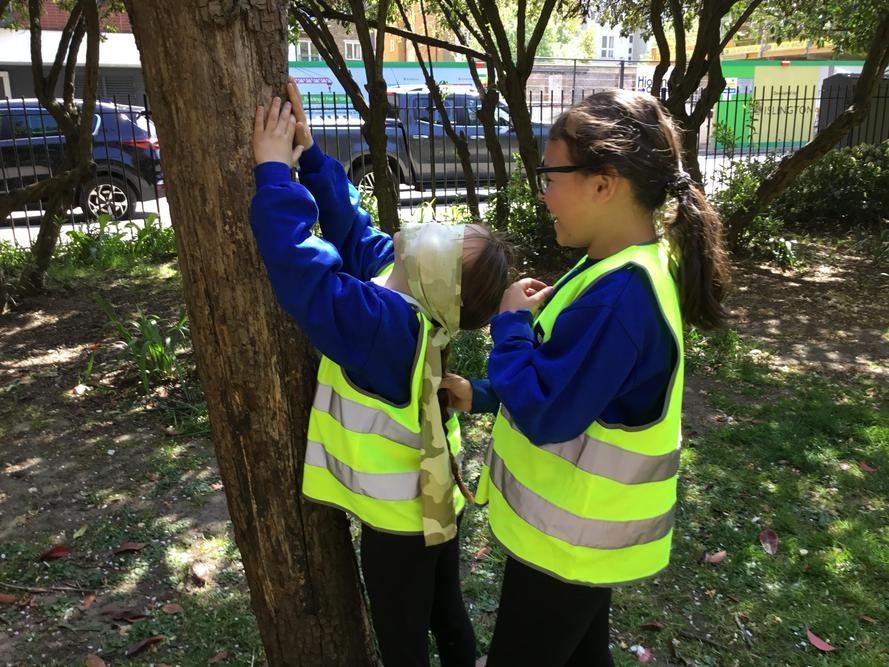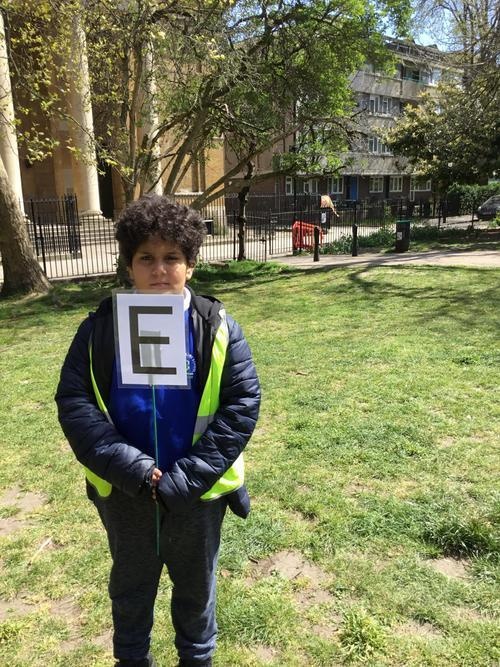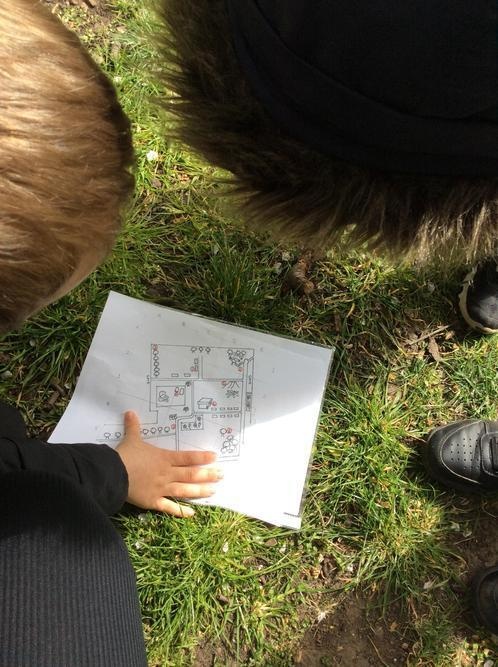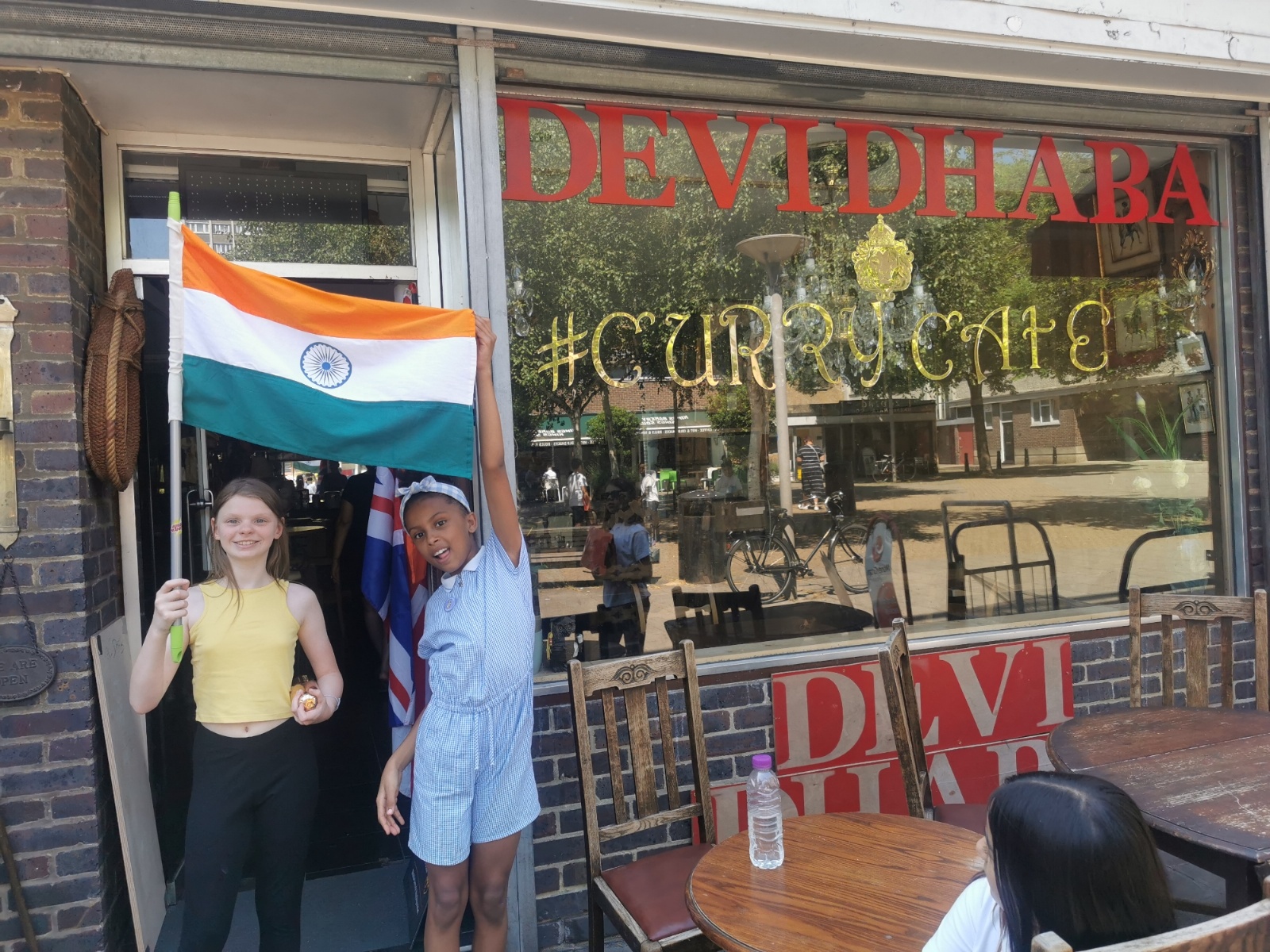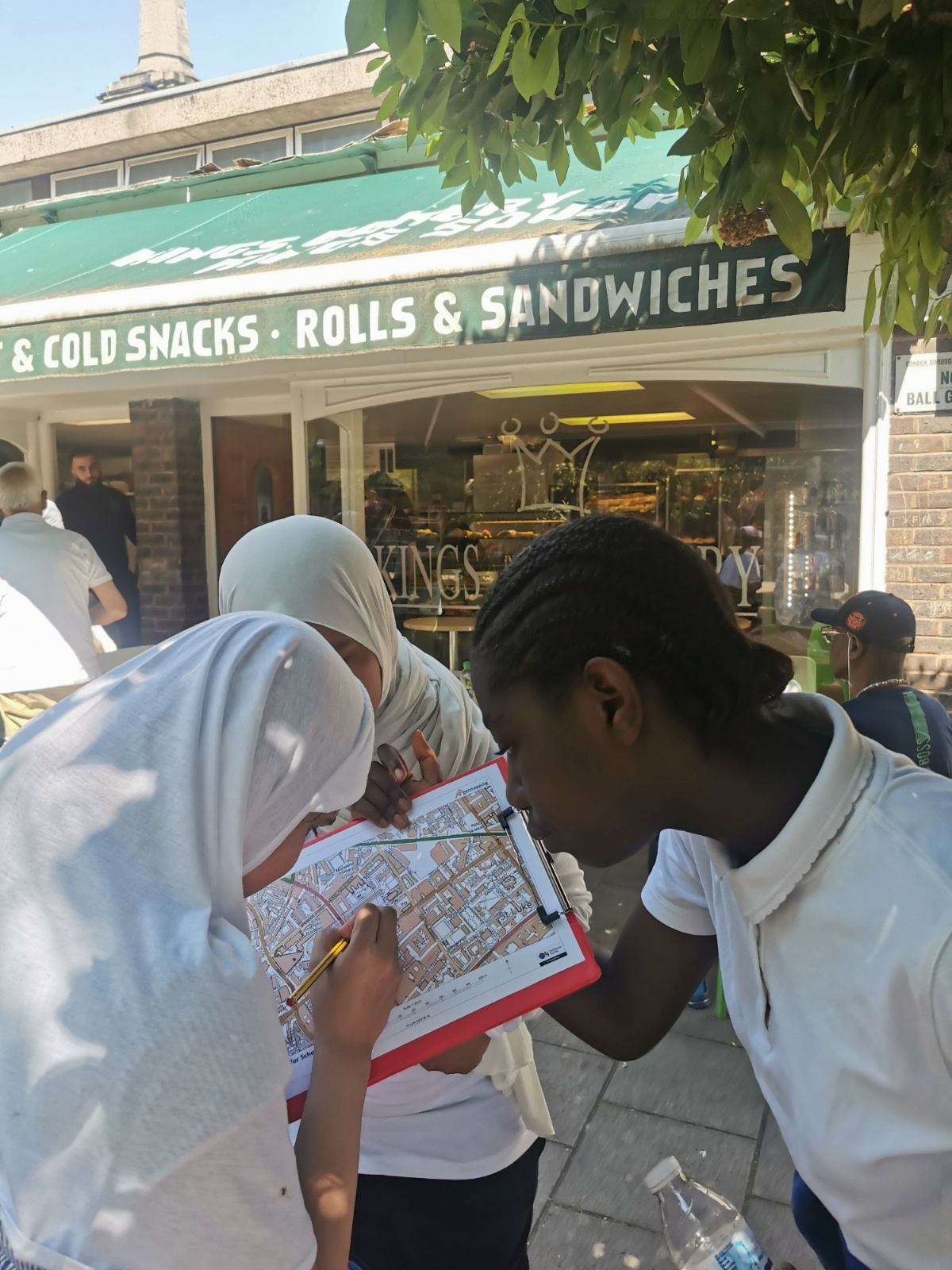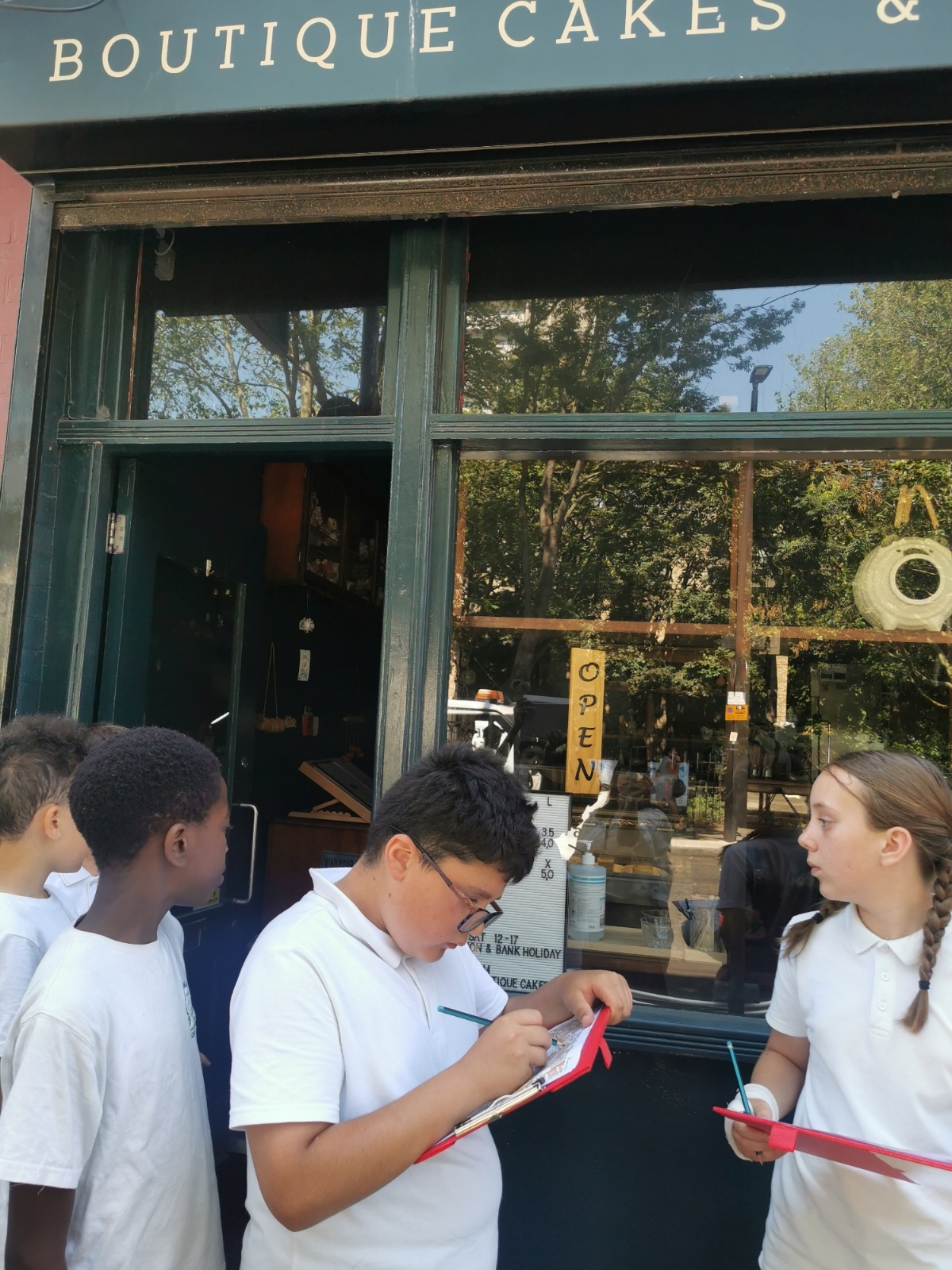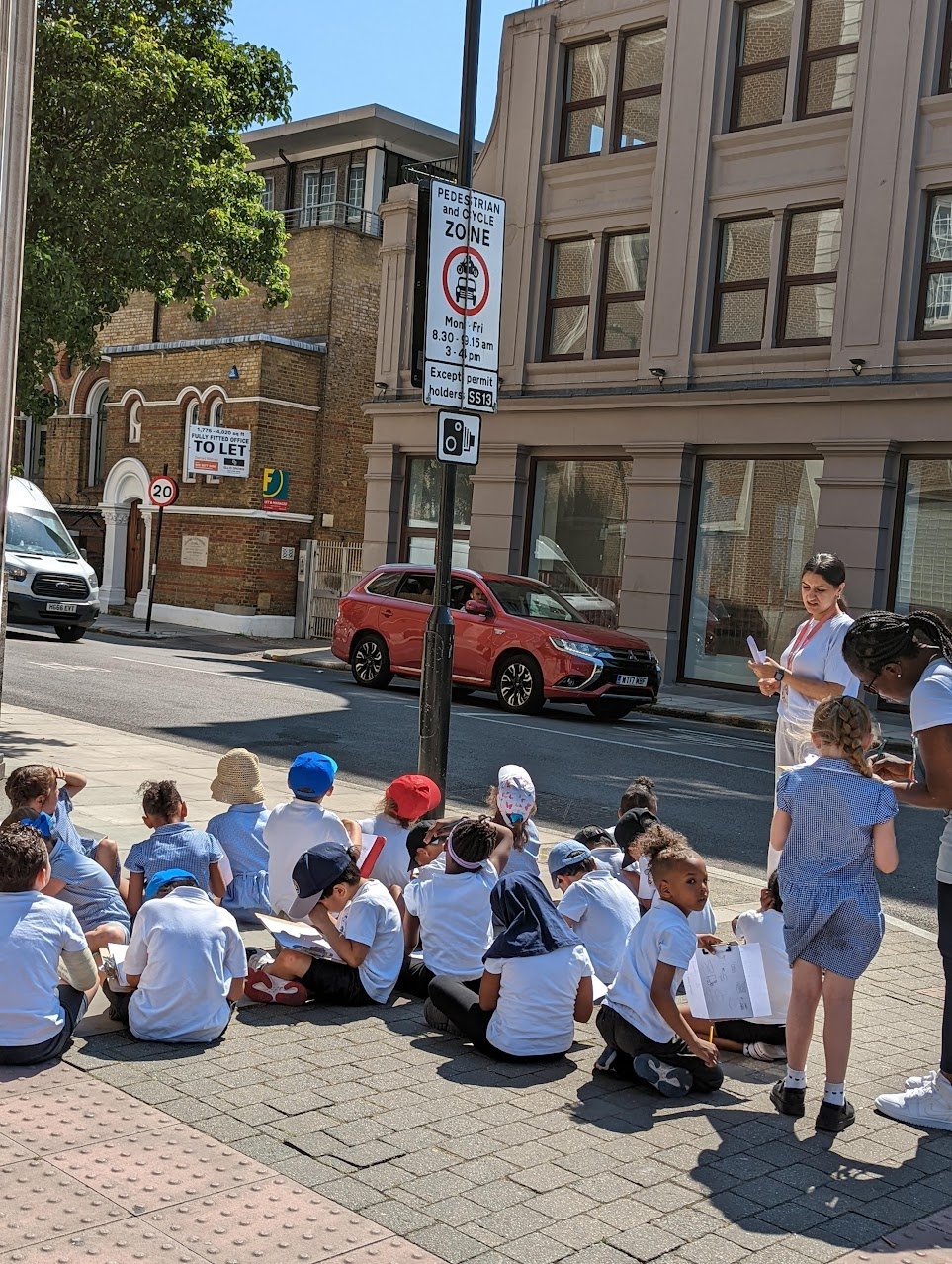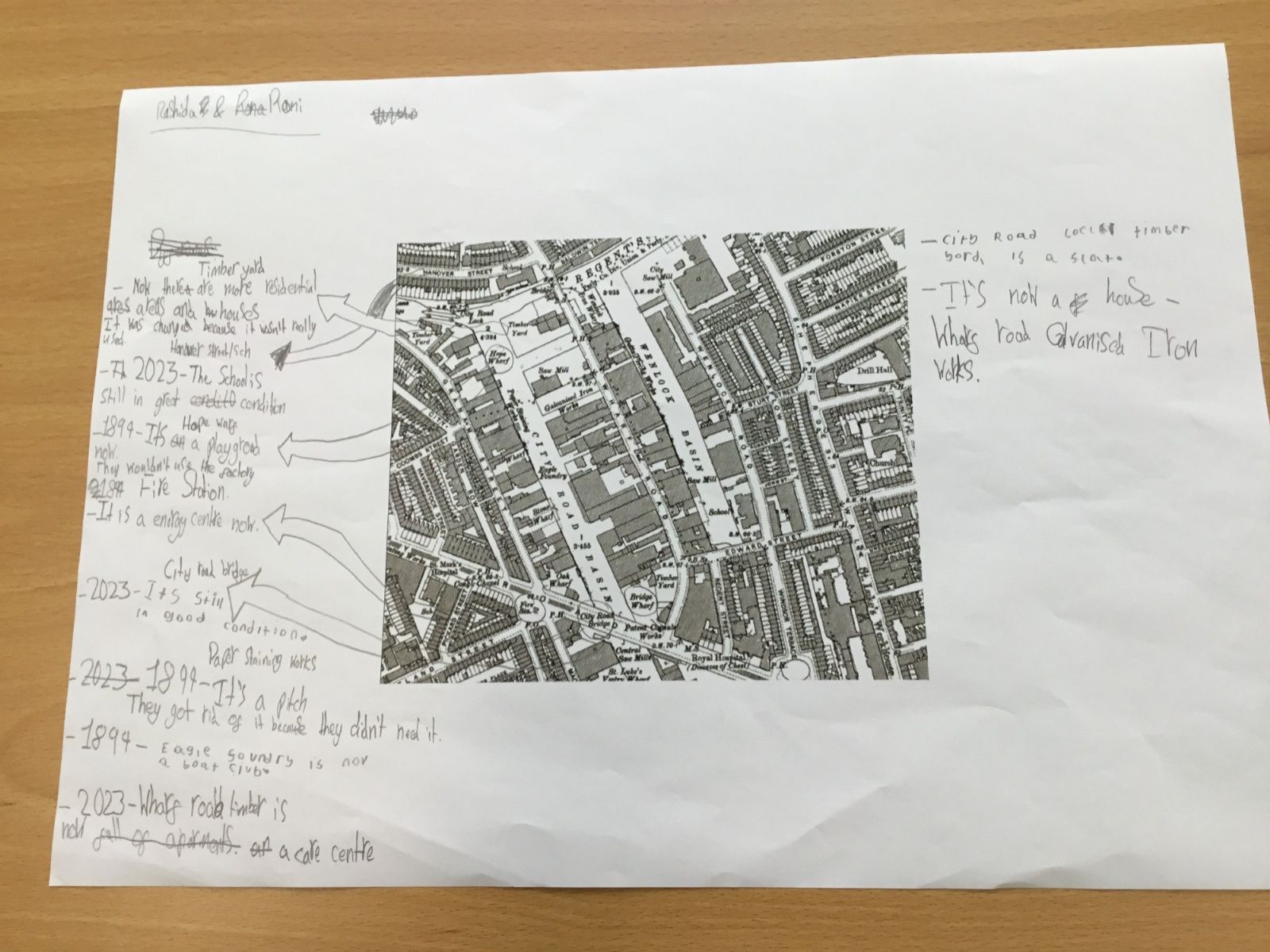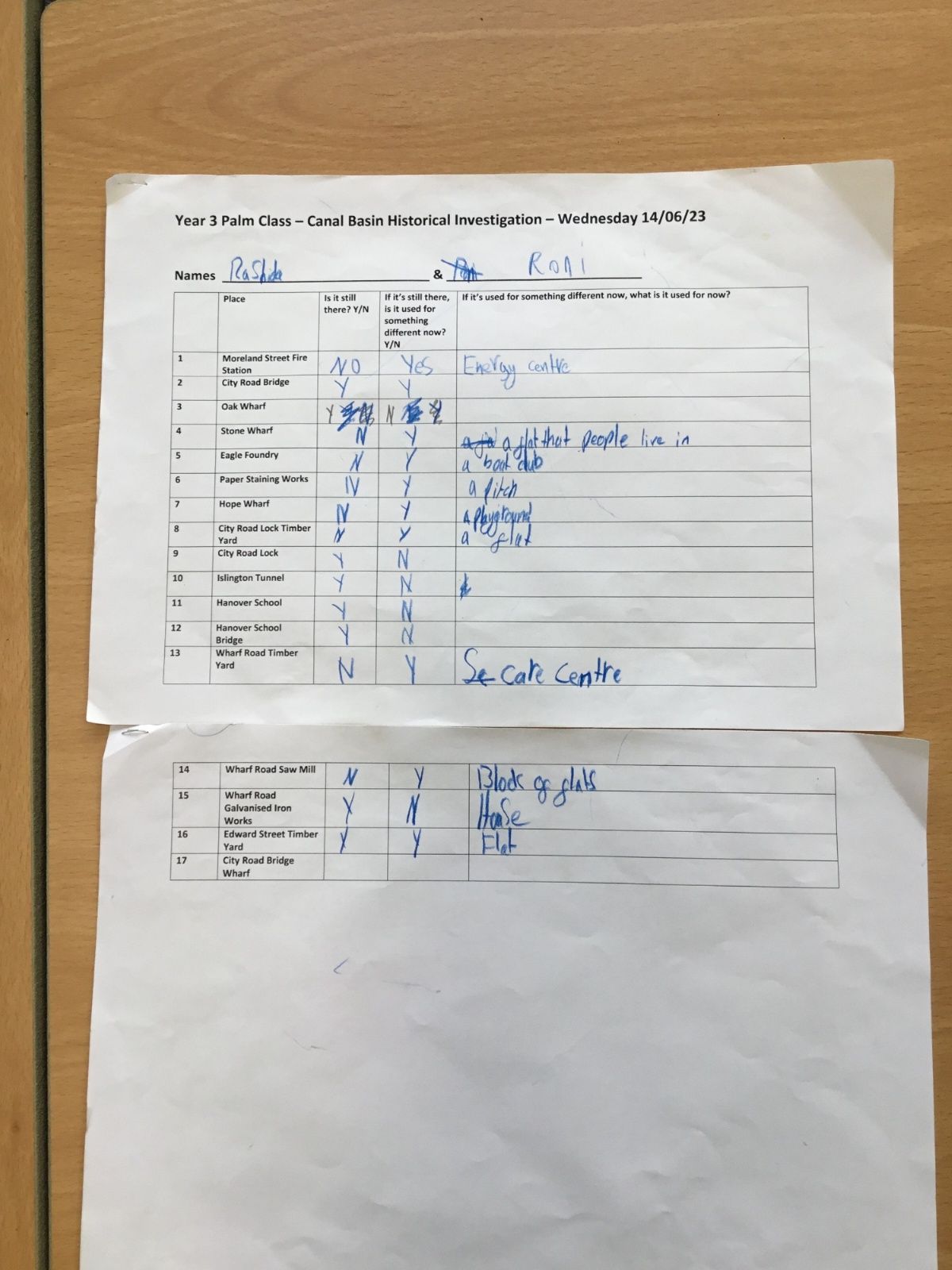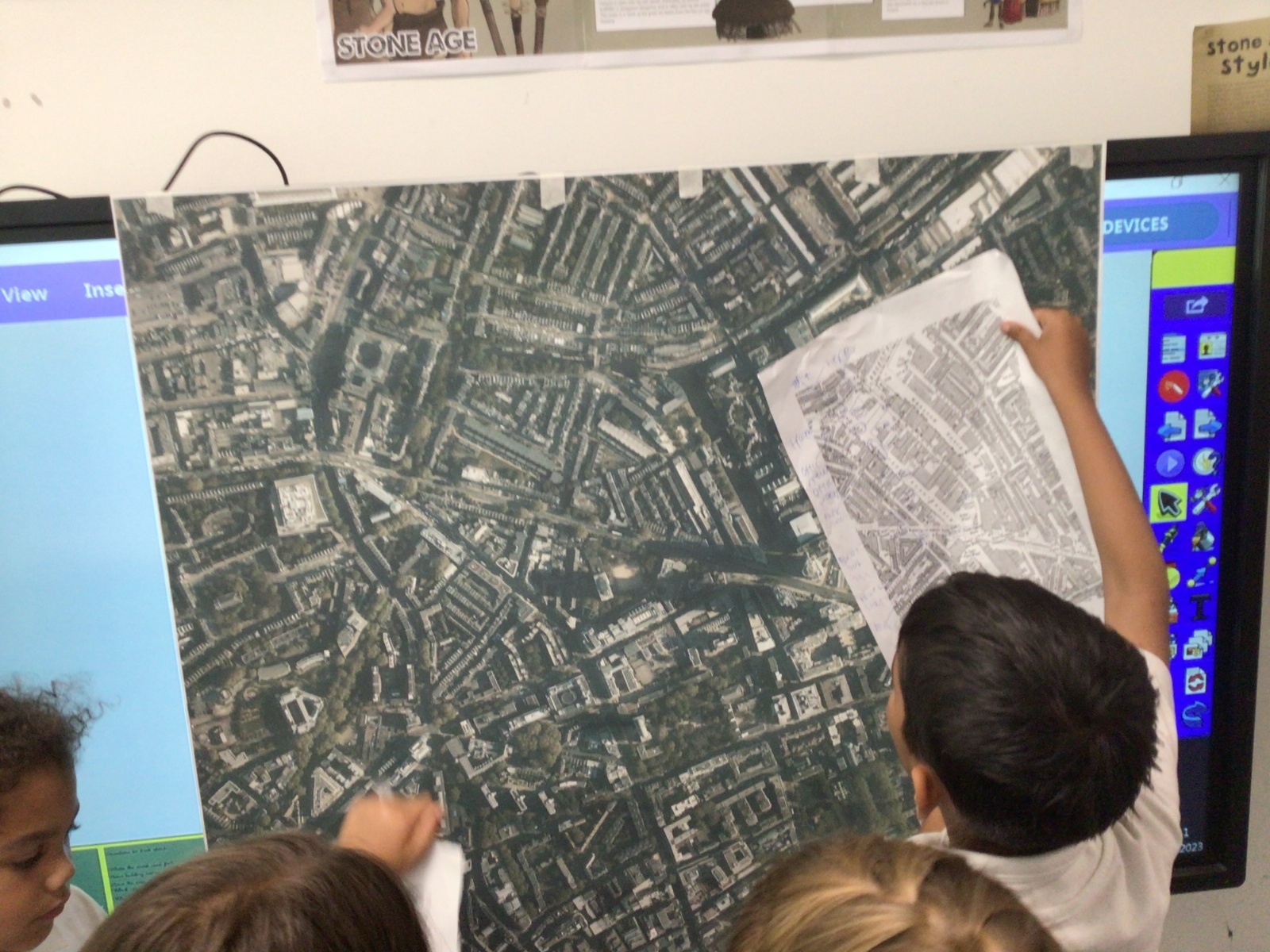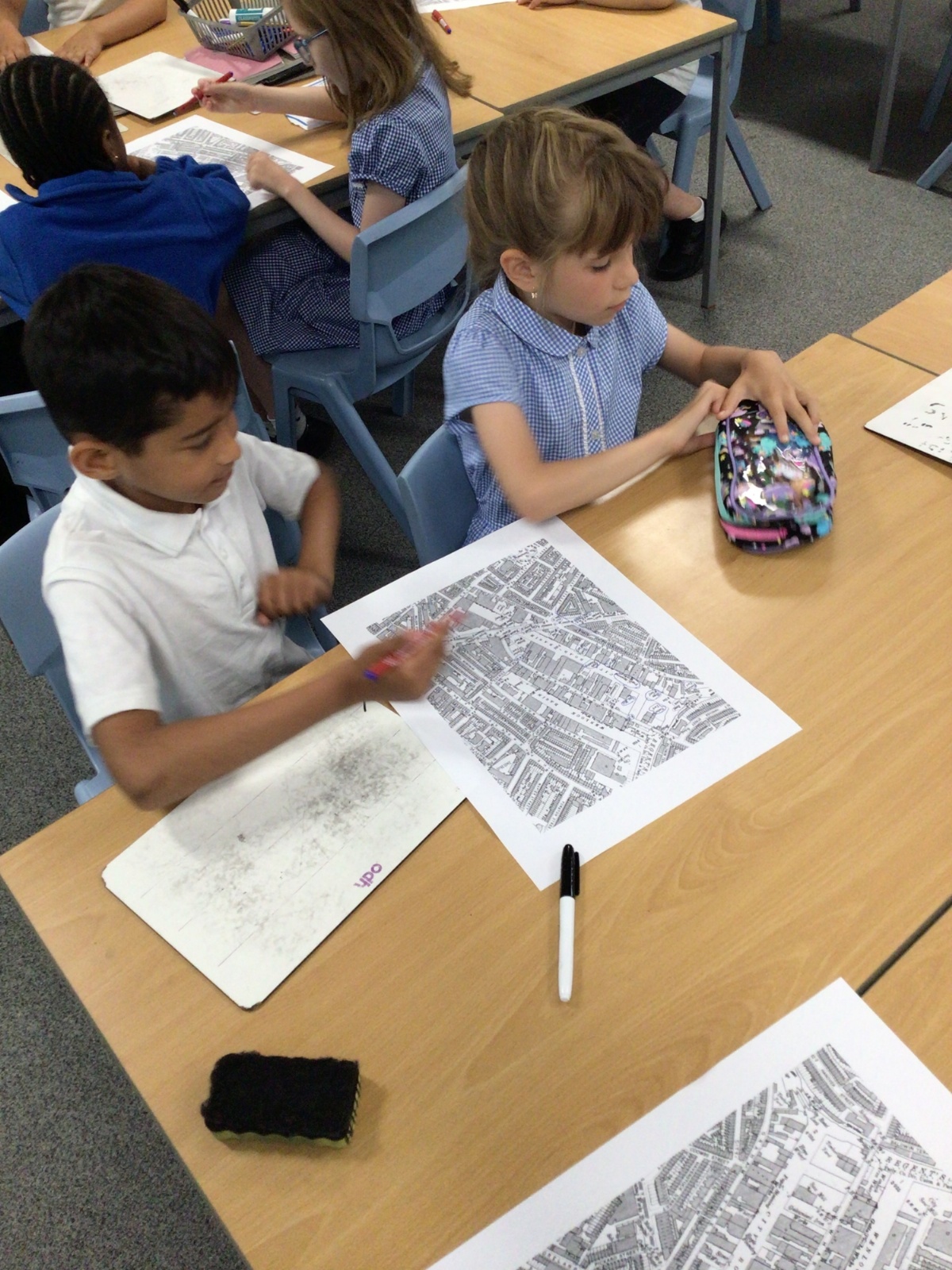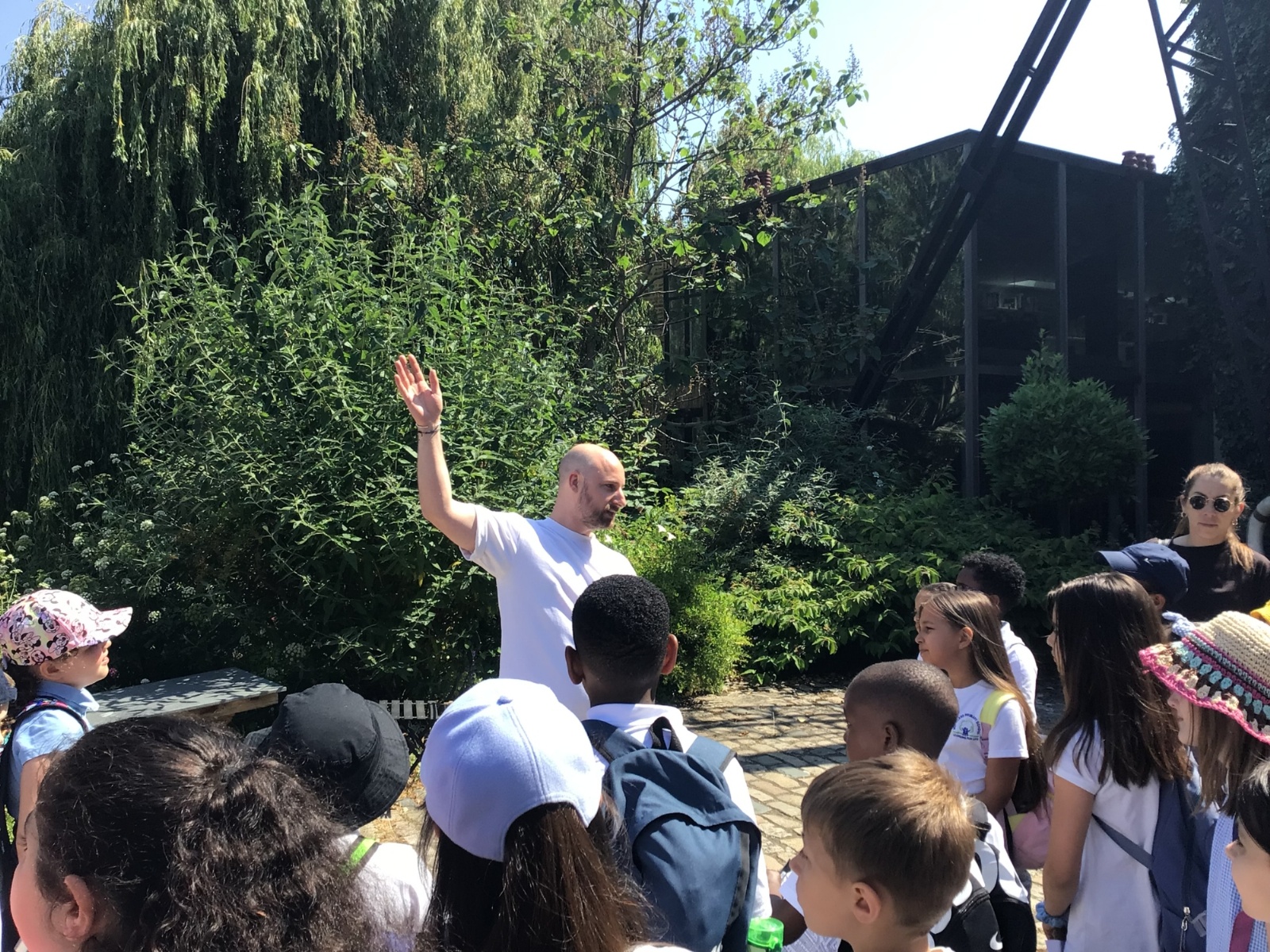History and Geography
“History and Geography stronger together but separate.”
At Moreland Primary School we are committed to delivering an exciting and stimulating topic based curriculum encompassing History and Geography. We believe that through the rich variety of topics taught children learn the essential knowledge, skills and understanding of the History and Geography National Curriculum. In the units that include lessons from both subjects, the skills and knowledge that children are learning from each of the discrete subjects is made explicit but we recognise that often Geography and History are closely interlinked and therefore many topics will encompass learning in both subjects. Through meaningful cross – subject planning topic units are taught in ways that strengthen links between the subjects and amplify learning.
We have devised our own bespoke History and Geography curriculum. Topics have been carefully selected and mapped out so that there is full coverage of the EYFS and National Curriculum objectives, opportunities to explore ideas in depth, revisit and expand upon previous learning and make links between subjects. We have chosen to go beyond the requirements of the National Curriculum to ensure we reflect the culture and experiences of the children, their families and our local community. For example we have a wider coverage of Black History topics to ensure that Black British History is integrated into all topics where relevant. All classes also study an element of London’s history or geography in the autumn term as we believe it is important children develop a rich understanding of the vibrant city in which they live. Through Global Citizenship lessons children gain an in depth understanding of environmental responsibility and sustainability and become active citizens making a difference to the world they live in.
In English children study quality books, plays and poems that are chosen to deepen children’s understanding of the History and Geography topics. Children also have the opportunity to write like Historians and Geographers in their extended writing.
All topics are built around planned practical learning opportunities such as field work, museum visits and workshops that enrich children’s learning further. We take full advantage of our location in the heart of London through curriculum topics that explore the richness of London past and present and Moreland are proud to be the Museum of London’s champion school. The organisation of the curriculum in this way helps knowledge to “stick”, to join up learning and ensure breadth and depth in the study of all subject disciplines.
Vision for Geography at Moreland
Through the teaching and learning of Geography at Moreland children develop curiosity about and knowledge and understanding of different places, people and environments. We aim to inspire our children to develop a sense of wonder in the world and an interest in different places. The geography curriculum builds children’s understanding of where places are, how places and landscapes are formed, how people and their environment interact and how economies, societies and environments are interconnected.
We believe that it has never been more important for children to have a comprehensive global understanding and knowledge of the world and the people and cultures that inhabit it .We want our children to use the vibrancy of our local area and great city to learn from other cultures, respect diversity, co-operate with one another and build care and compassion for other people and the planet. Geography at Moreland builds on pupils' own experiences to investigate places at all scales, from the personal to the global.
Our children will develop a secure understanding of the impact they and others can have on our planet. We want our children to be inquisitive about the world, open-minded and also responsible for the actions and choices they make. Geography at Moreland aims to inspire pupils to become global citizens by exploring their own place in the world, their values and their responsibilities to other people, to the environment and to the sustainability of the planet.
Geographical enquiry at Moreland encourages questioning, investigation and critical thinking about issues affecting the world and people's lives, now and in the future. Fieldwork is an essential element of this. Pupils learn to think spatially and use maps, visual images and new technologies, to obtain, present and analyse information.
Vision for History at Moreland
At Moreland we want History to ignite children’s curiosity about the past in Britain and the wider world and help them to understand the diversity of human experience. History is important as it provides children with the opportunities to empathise with others, argue a point of view and reach their own conclusions - essential skills for life. We aim for a high-quality history curriculum that has been carefully designed and sequenced to equip our children with a secure, coherent knowledge of British, local and world history. Curriculum content is knowledge and vocabulary rich and teaches children a sense of chronology, allowing children to develop their understanding of key historical concepts and themes as they move through school.
History teaching at Moreland stimulates the children’s interest and understanding about the life of people who lived in the past. They learn to value their own and other people’s cultures in modern multicultural Britain and, by considering how people lived in the past, they are better able to make informed life choices today. The curriculum enables children to become knowledgeable historians who can articulate their understanding with confidence and who are equipped with the historical skills and knowledge ready for the secondary curriculum.
In our school, History makes a significant contribution to our global citizenship education. We recognise the important role that History plays in preparing our children with skills that they can use for life, raising their aspirations, understanding how to be a good and responsible citizen, understanding change and societal development and a context in which to understand themselves and others. By learning about the development of democracy, how historical events have shaped society today, how significant individuals and groups of people have changed the way we live today and overcome injustice, how what has happened in the past influences the present and understanding how we can learn from the past, children develop a sense of identity, and a cultural understanding based on their historical heritage.
We teach children to understand how:
- events in the past have influenced our lives today; we also teach them to investigate these past events and, by so doing, to develop the skills of enquiry, analysis, interpretation and problem-solving.
We intend to inspire pupils to develop a broad historical and cultural awareness by:
- Providing opportunities for children to develop a chronological framework by investigating the past and how it influences the present.
- Encouraging children to interrogate evidence and form their own opinions.
- Enabling children to communicate their view points in a variety of ways using appropriate historical vocabulary.
- Exploring a range of sources of information.
- Fostering enjoyment, empathy and curiosity for finding out about the past.
- Aiming to teach a view of history that attempts to overcome bias and that is inclusive of and reflects our diverse histories.
The topics that the children study are outlined below (see class pages for a full curriculum map including trips and visits):
|
|
Autumn 1 |
Autumn 2 |
Spring 1 |
Spring 2 |
Summer 1 |
Summer 2 |
|
Nursery and Reception Cycle 1 |
Into the Woods |
All About Me |
In the Garden |
|||
|
Nursery and Reception Cycle 2 |
Food and Festivals |
Imaginary Worlds |
About Town |
|||
|
Year 1 |
Around the World |
London Calling: From A to Z |
Fossil Hunters |
Enchanted Woodlands |
Beside the Seaside |
Take One Picture |
|
Year 2 |
Inspirational Women |
Time Detectives – Great Fire of London |
Kings, Queens and Castles |
The Great British Bake Off |
Land Ahoy: Pirates and Explorers |
Take One Picture |
|
Year 3 |
Nelson Mandela |
Waterways of London |
Active Planet |
80 Days Around the World |
Stone Age to Iron Age |
Take One Picture |
|
Year 4 |
Windrush |
People of London |
Ancient Egypt |
Ancient Egypt Mini topic- The Water Cycle |
Ancient Greece |
Take One Picture |
|
Year 5 |
The Trans Atlantic Slave Trade |
Roman London |
Anglo Saxons, Scots and Vikings |
Where We Live |
Weather and Climate |
Take One Picture The Earth's Natural Resources |
|
Year 6 |
The Civil Rights Movement |
Victorian London |
Going Global |
The USA |
AD900 |
The Amazon |
In the Summer Term children across the school have a topic based upon the National Gallery's Take One Picture project. All the children visit the National Gallery to take part in a workshop session around the current year's painting. They then choose the themes from the painting they would like to explore further and the teacher plans from the children's lead.
See the link below for more information on the Take One Picture project.
Primary Geography Quality Mark and Primary History Quality Mark
We are pleased to announce we have been awarded the Gold Primary Geography Quality Mark in September 2023 and the Gold Primary History Quality Mark in March 2024.
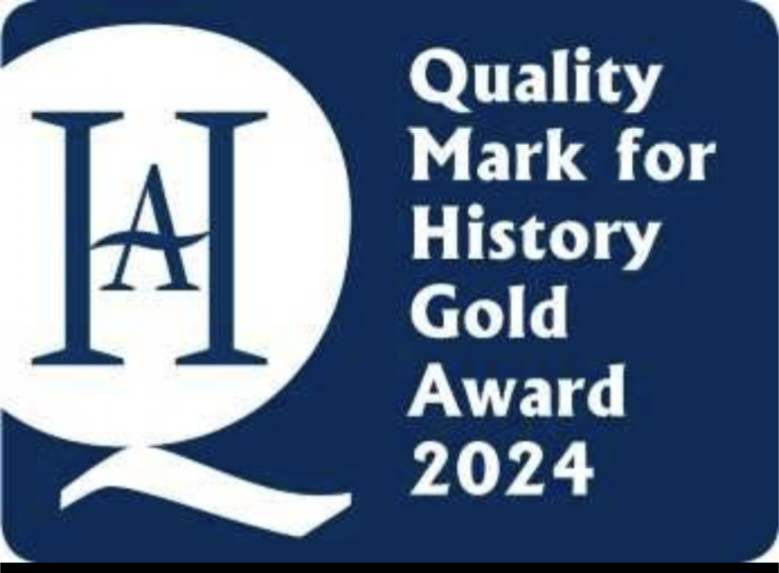
History and Geography Policy
Knowledge and Skills Progression Maps
Example Units
- Topic maps Autumn Term Y1 London Calling
- Topic Map Y2 Spring 2 Great British Bake Off
- Topic Map Y3 Spring 1 Active Planet
- Topic Map Y4 Autumn 2 People of London
- Topic Map Y5 Spring 1 Anglo Saxons, Vikings and Scots
- Topic Map Y6 Autumn 1 Year 6 Civil Rights
Takeover Day 2019 - A sneak peek
Year 5 took over the Museum of London as part of Kids in Museums day. They gave talks, welcomed visitors , made announcements, explained artefacts and surveyed visitors.
History and Geography Enrichment Opportunities
Field Work Opportunities
Gallery of Children’s Work
Year 2 Pine Class made a stop animation film about The Great Fire of London with help from the Discovery team at 3.
Online Resources for Families and Children
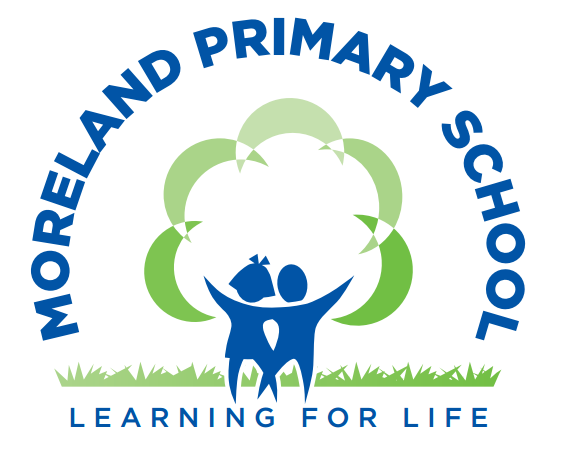
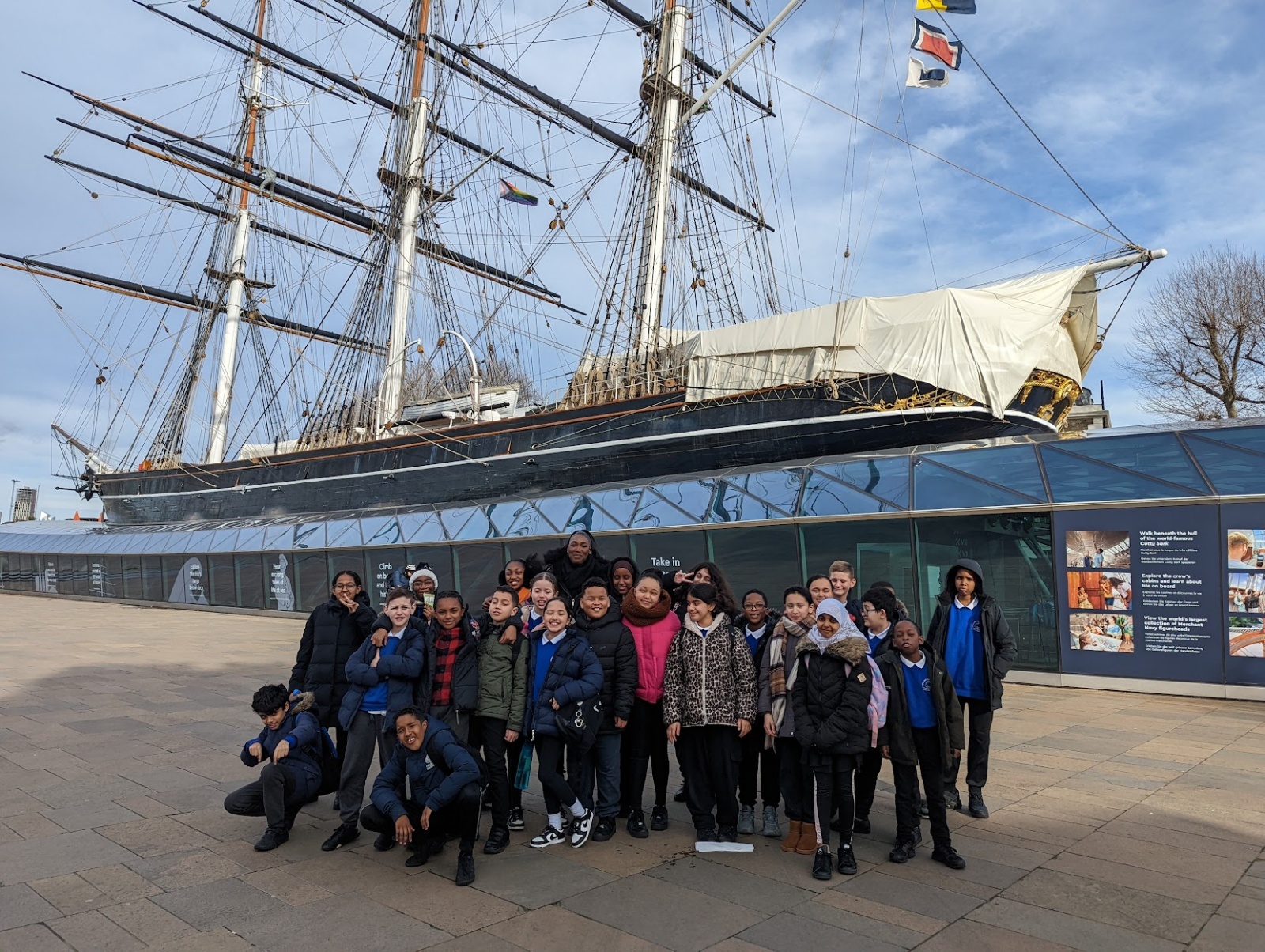
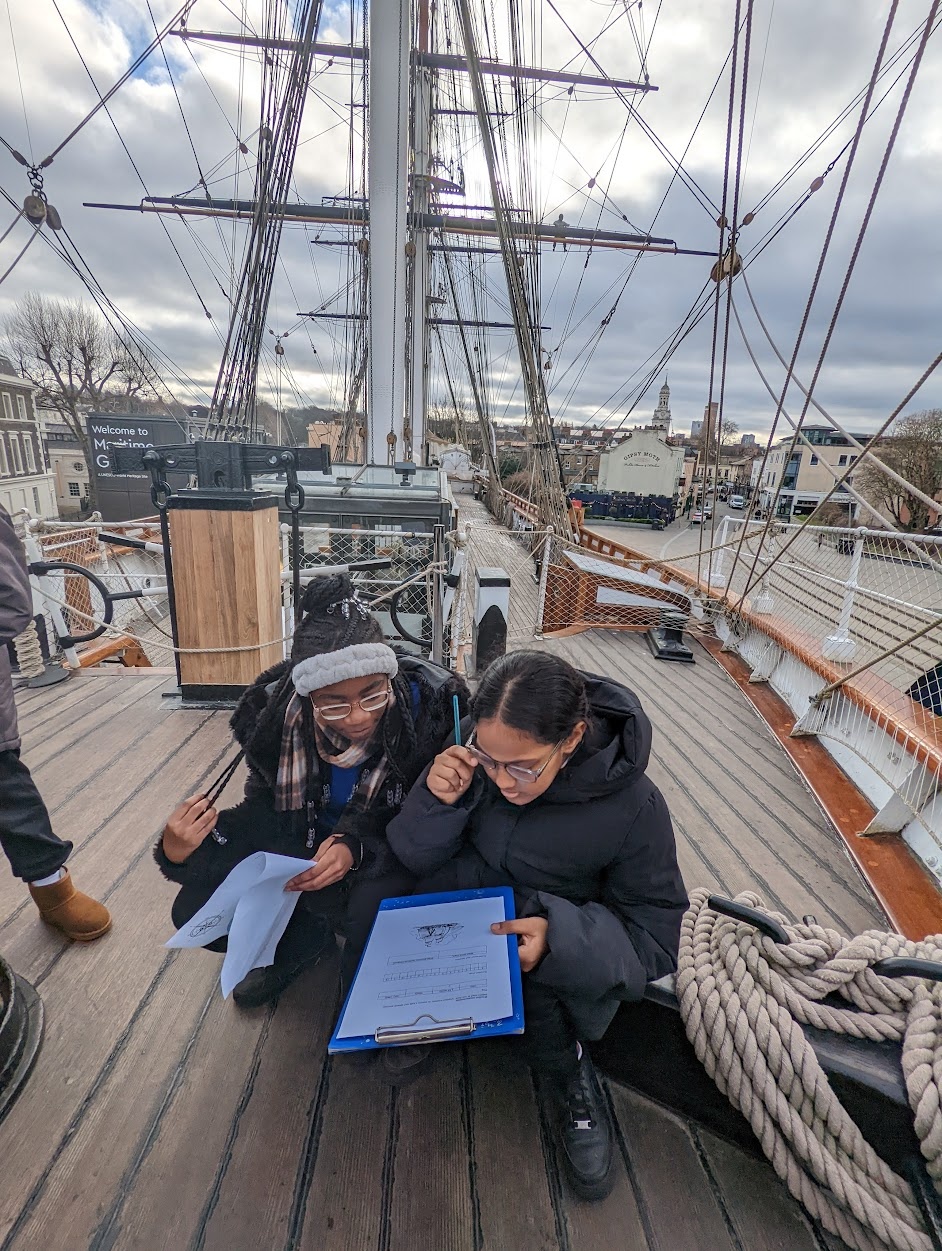
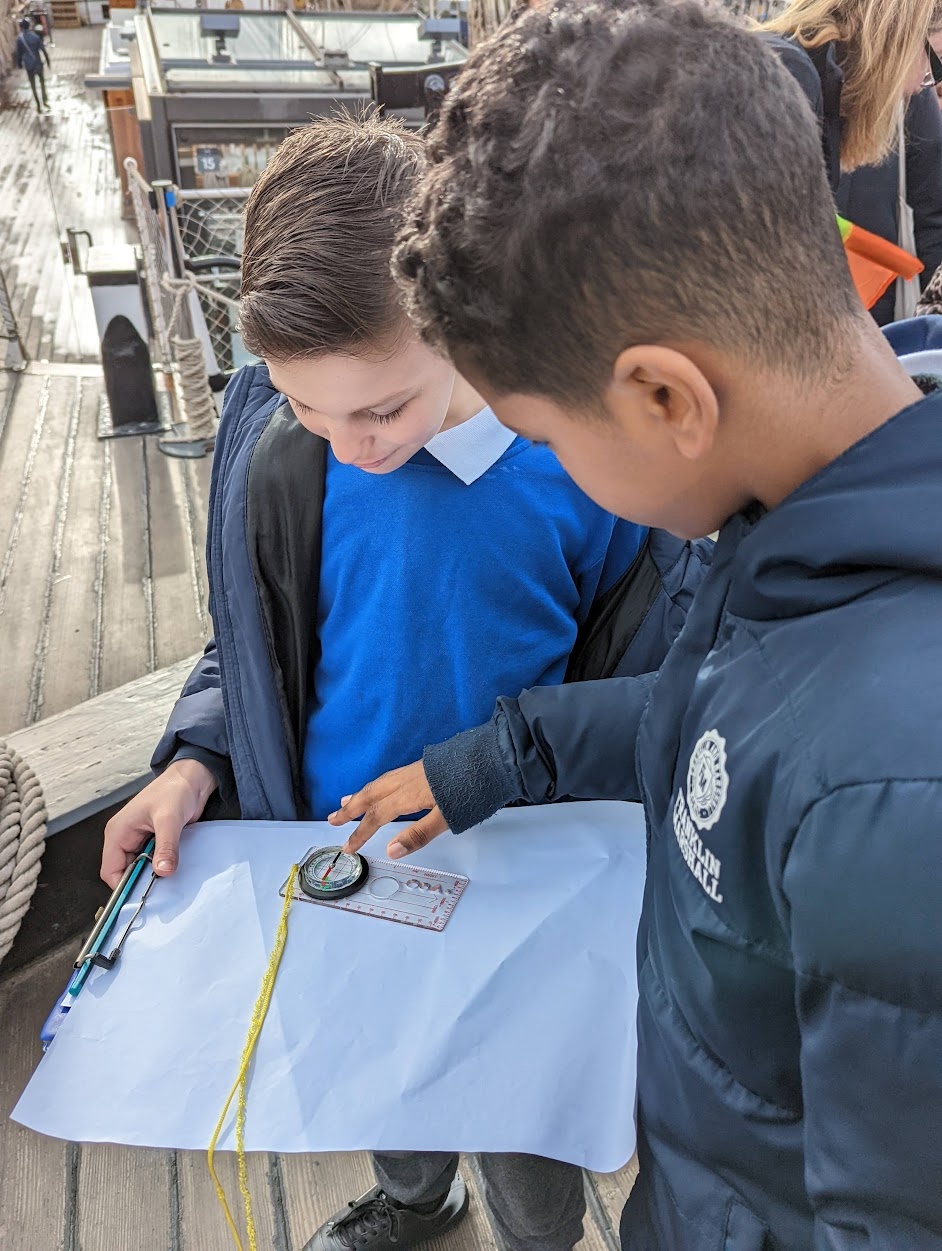
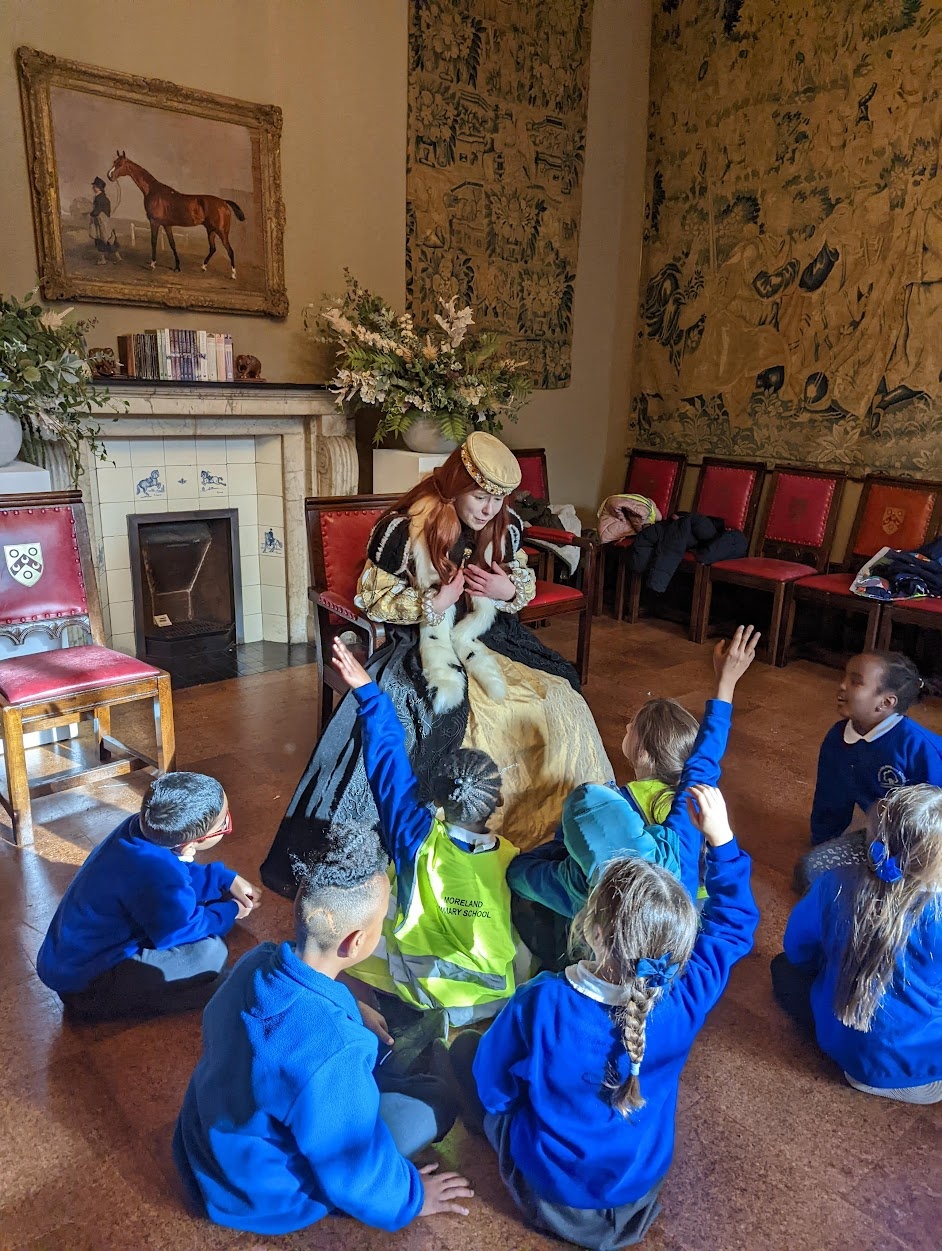
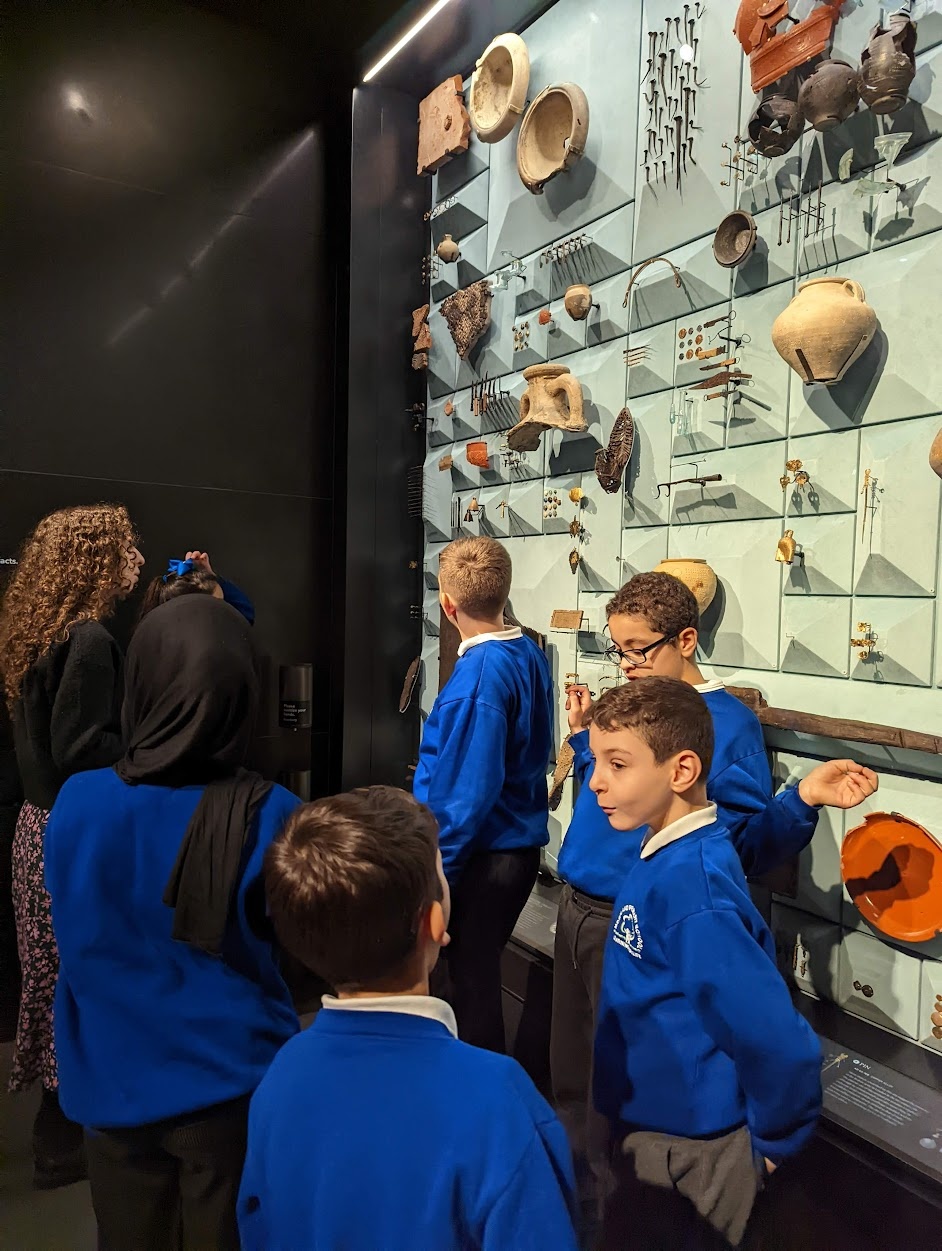
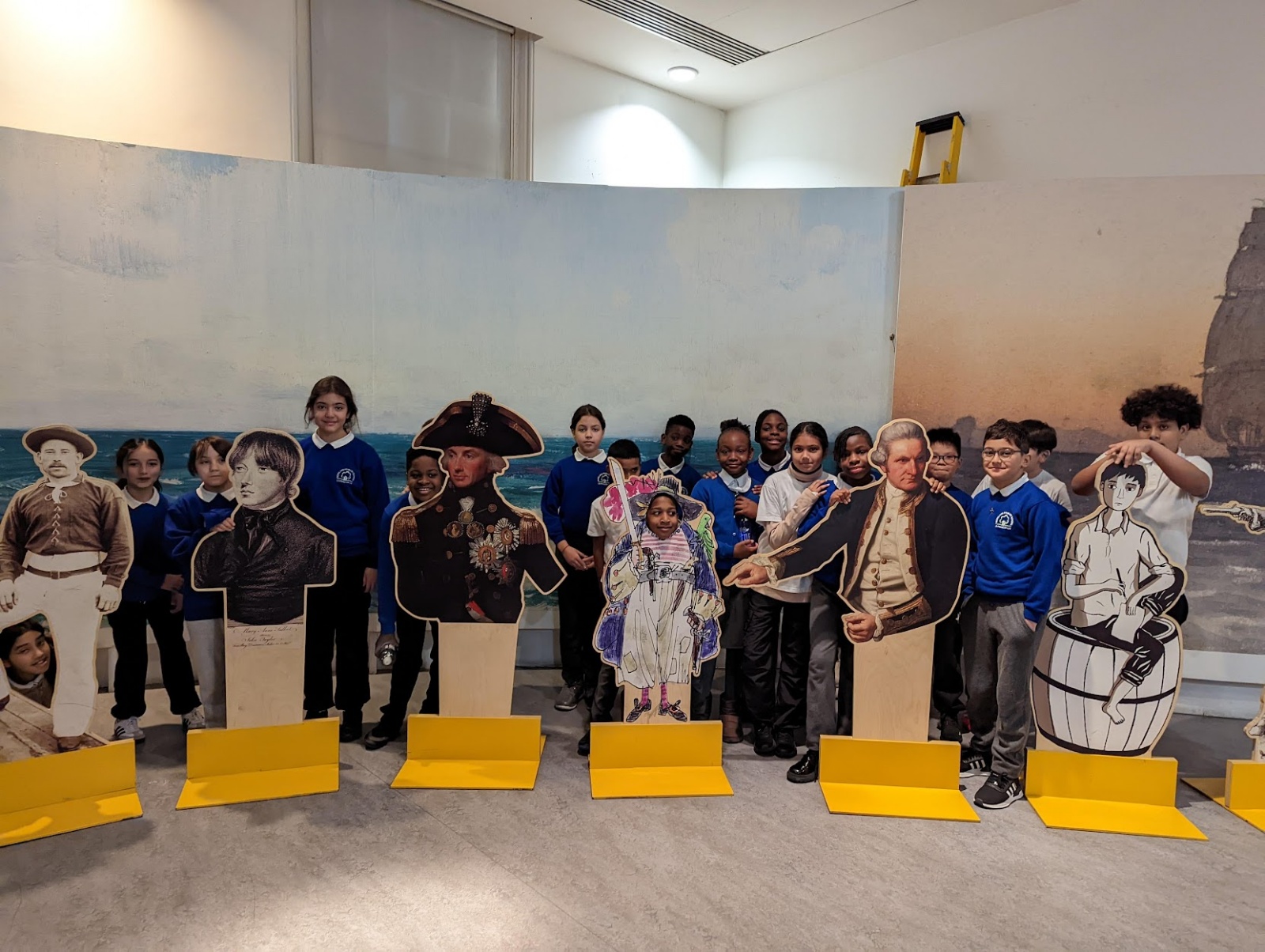
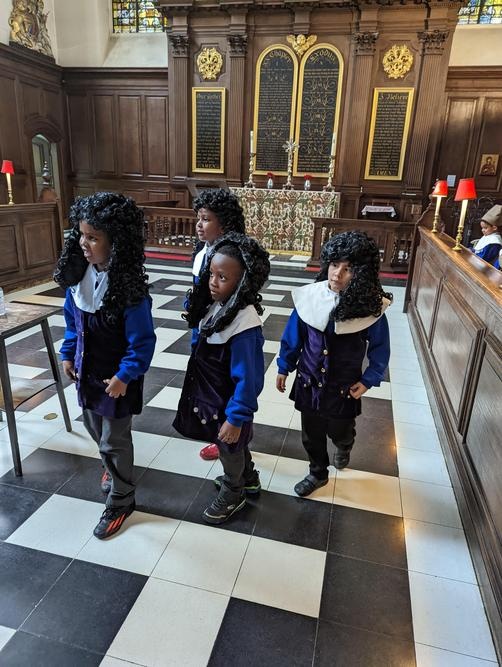
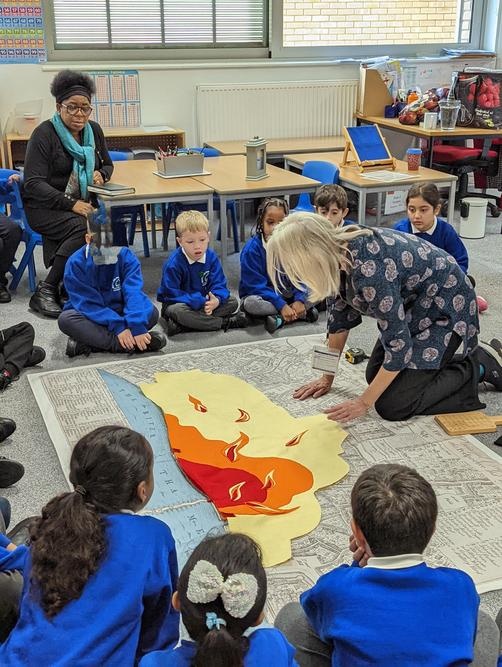
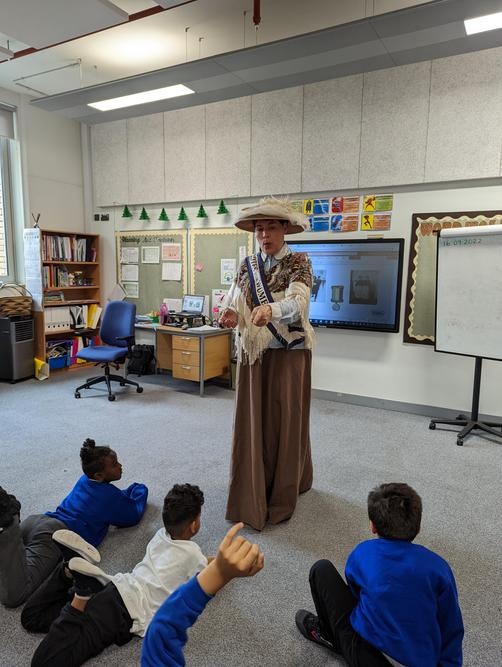
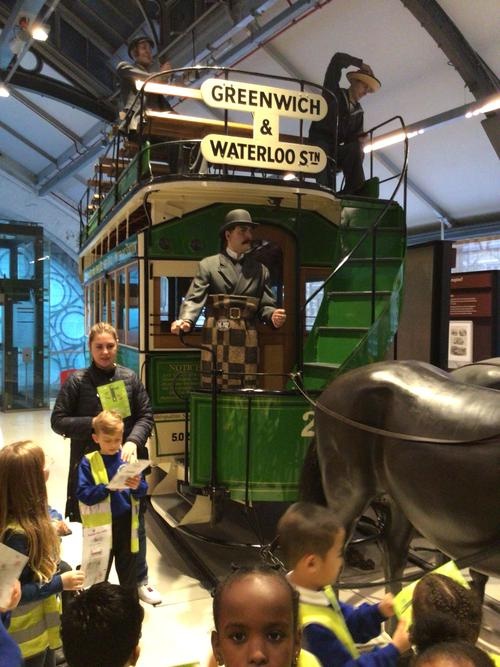
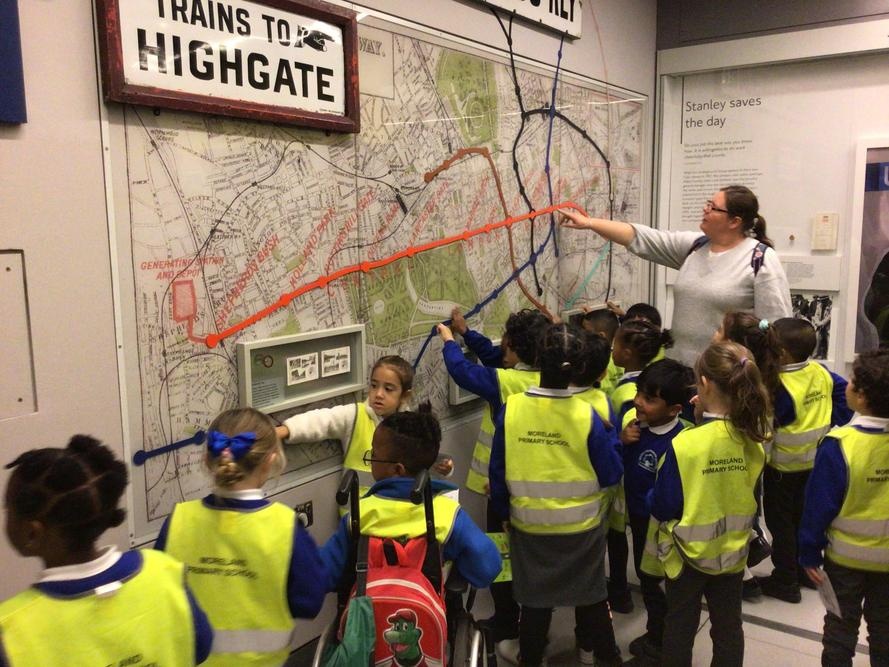
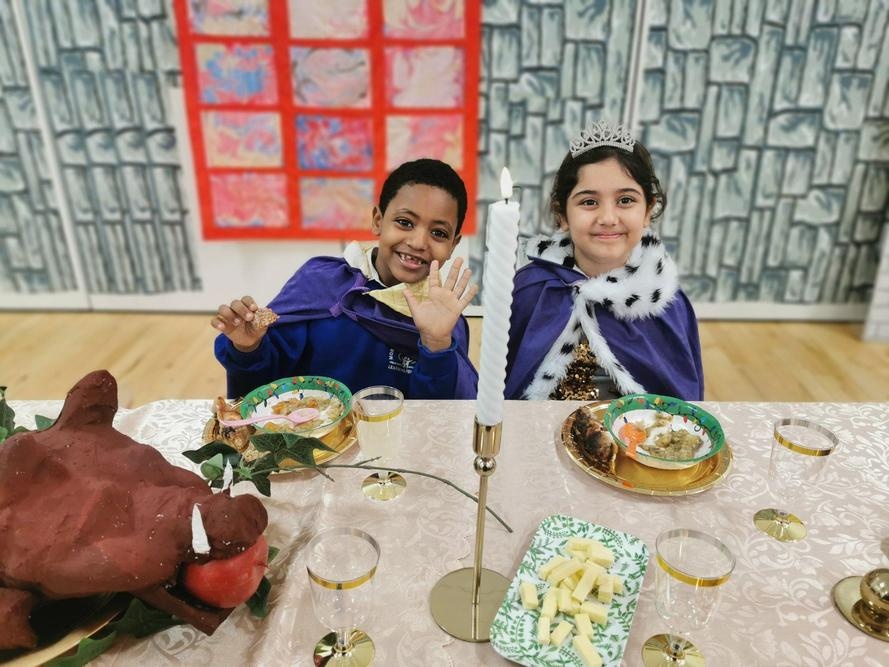
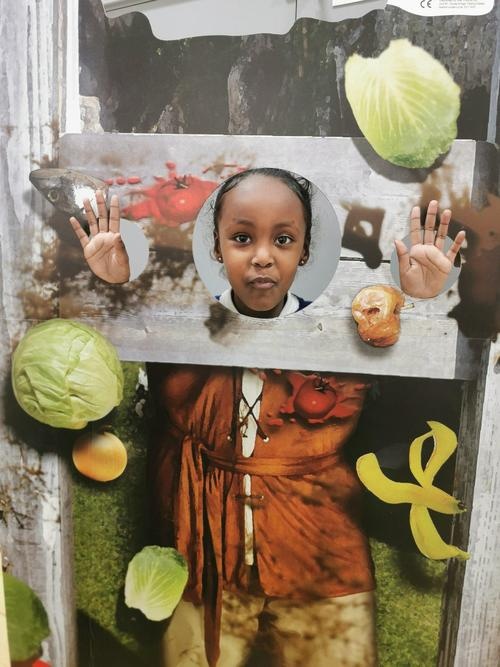

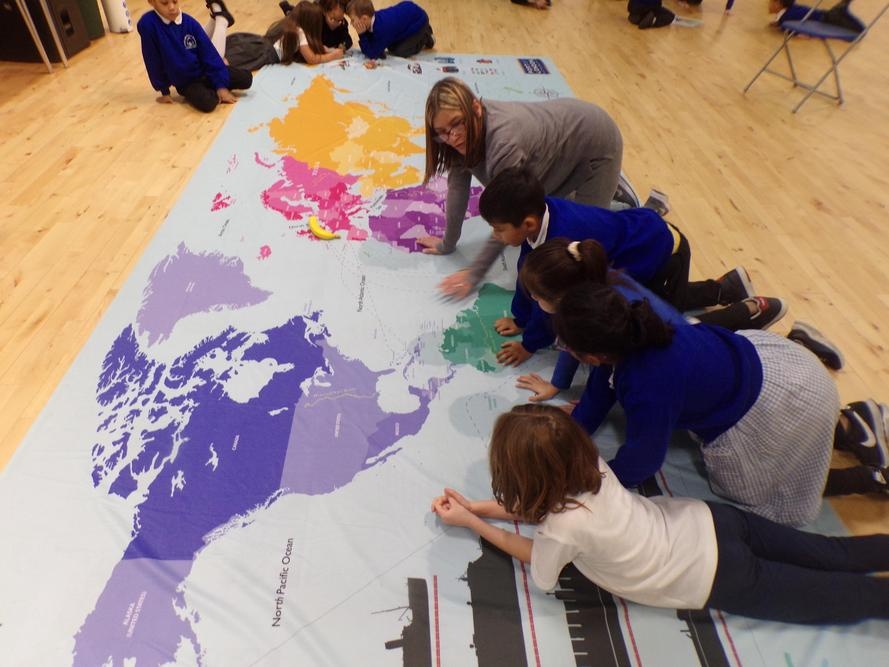
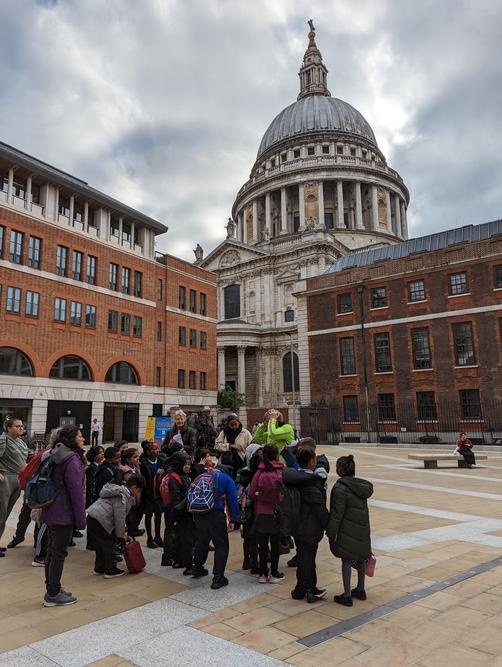
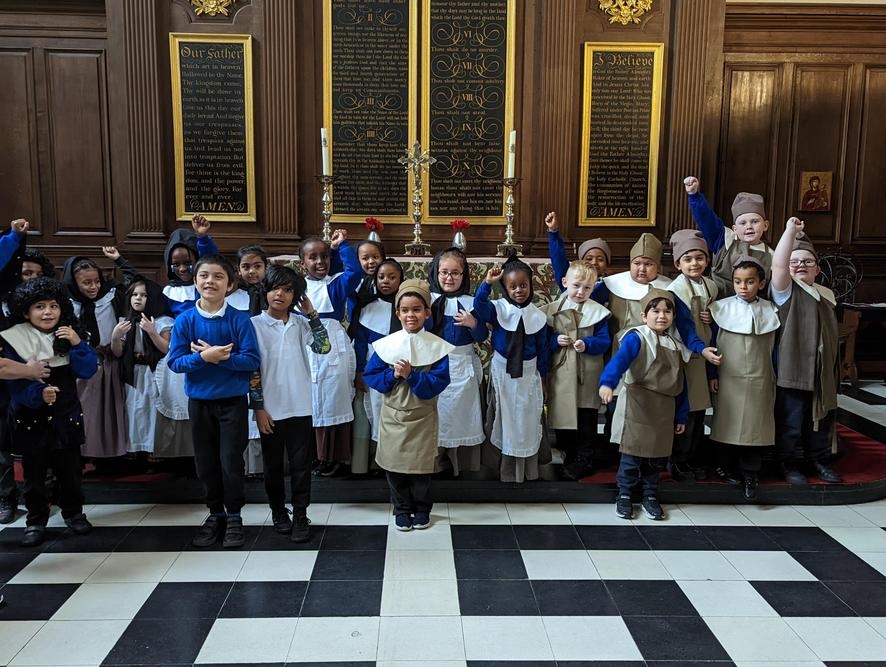
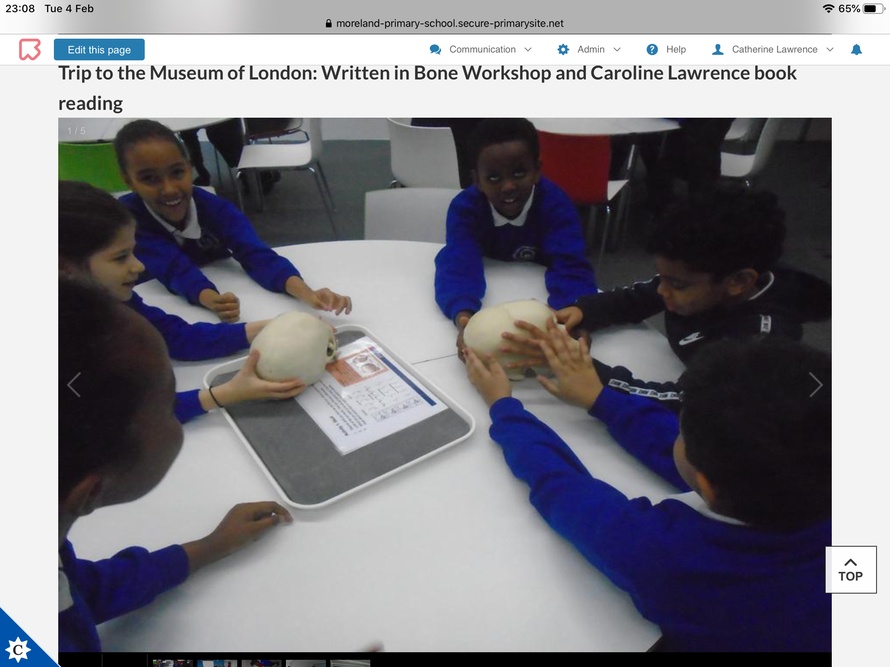
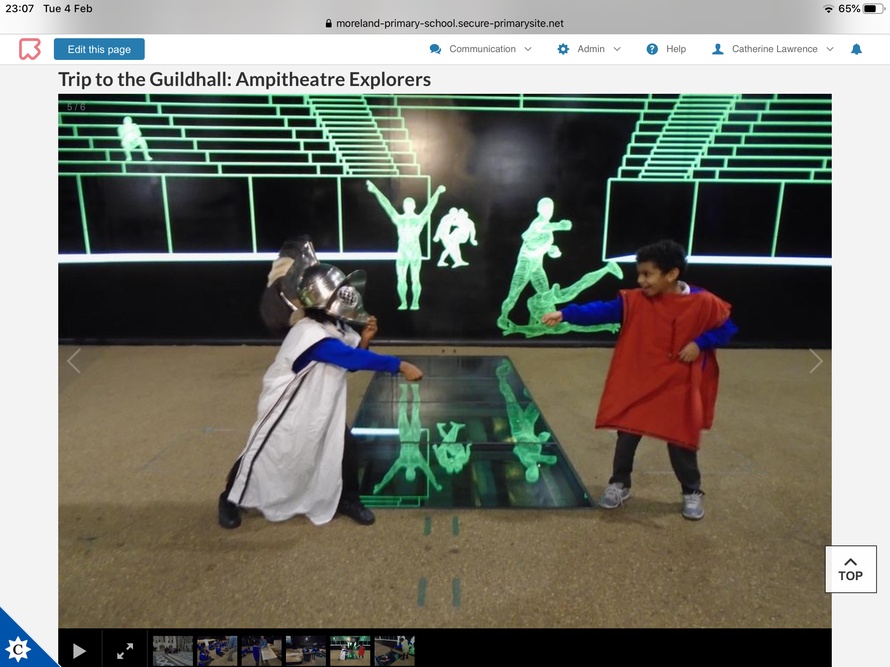
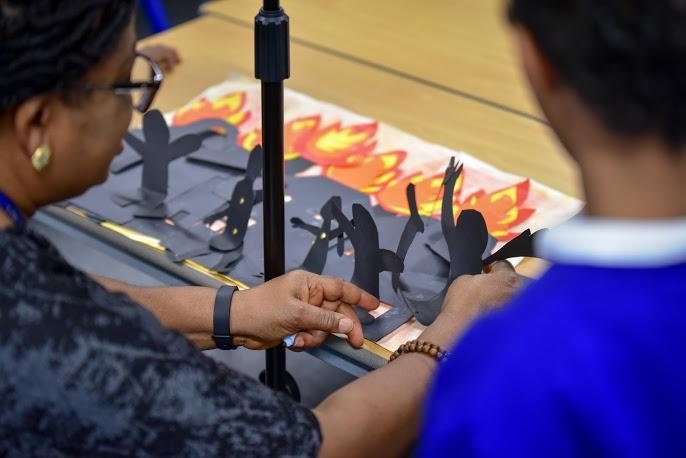
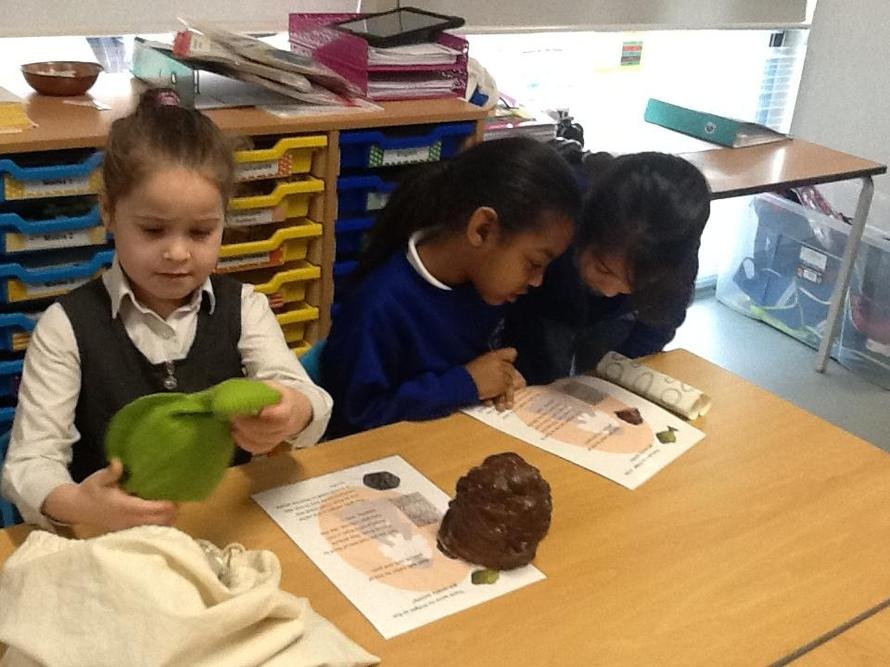
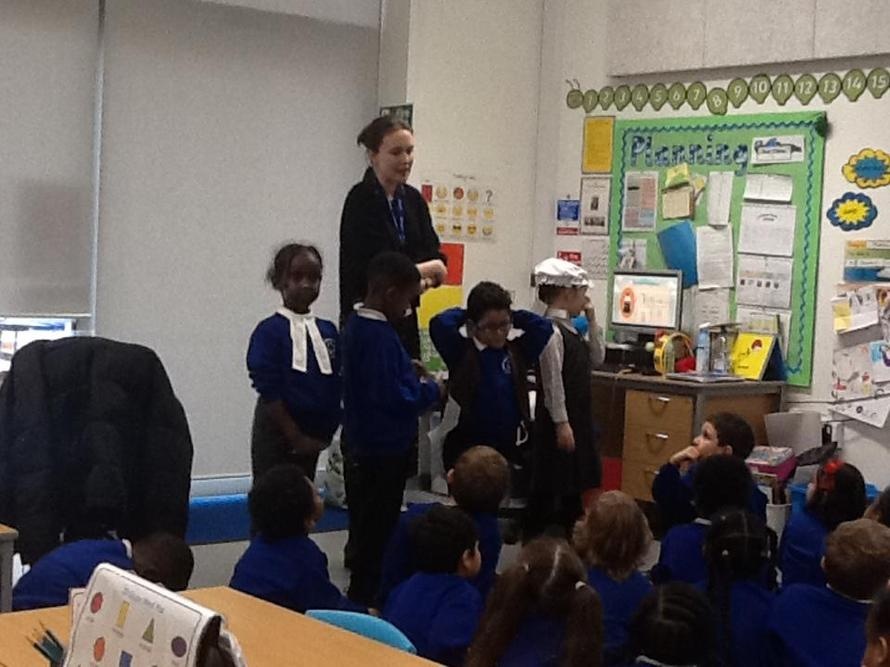
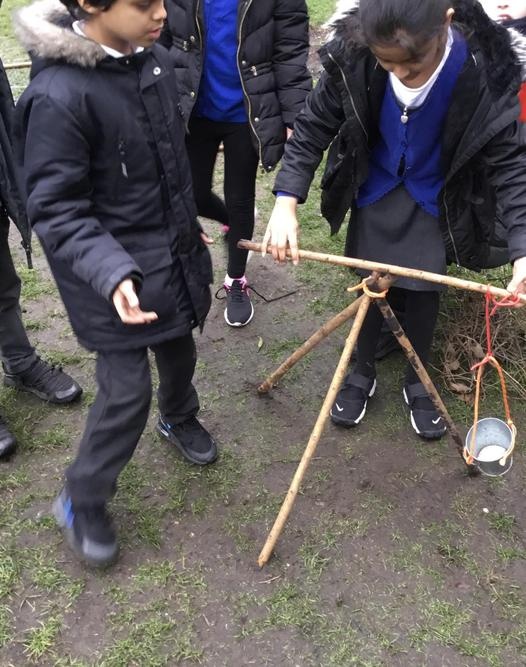
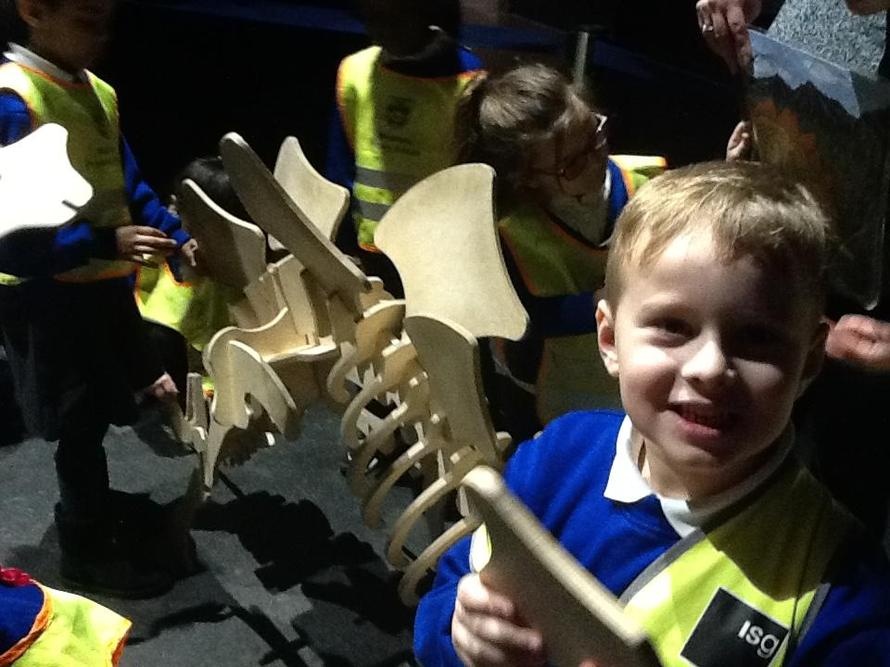
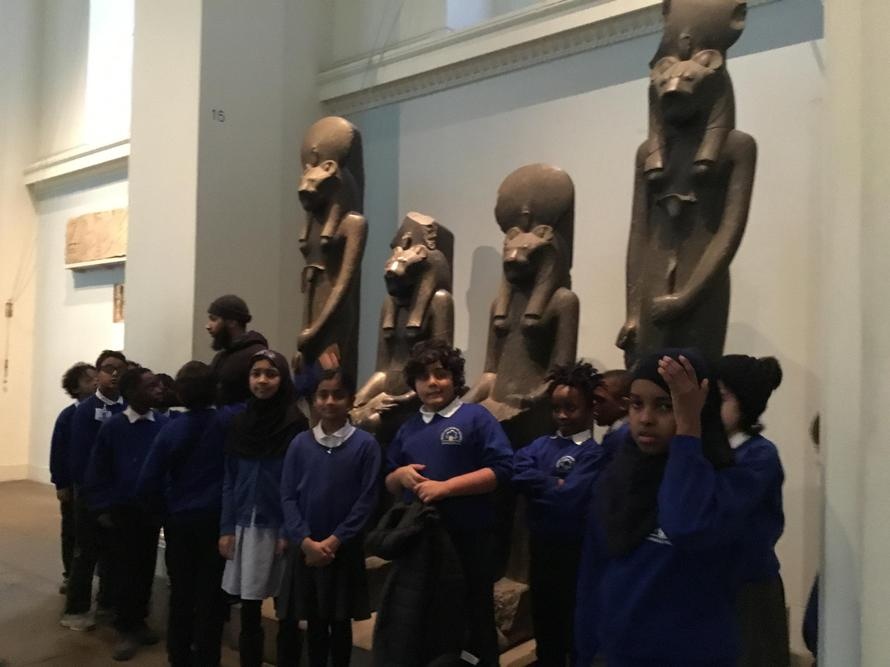
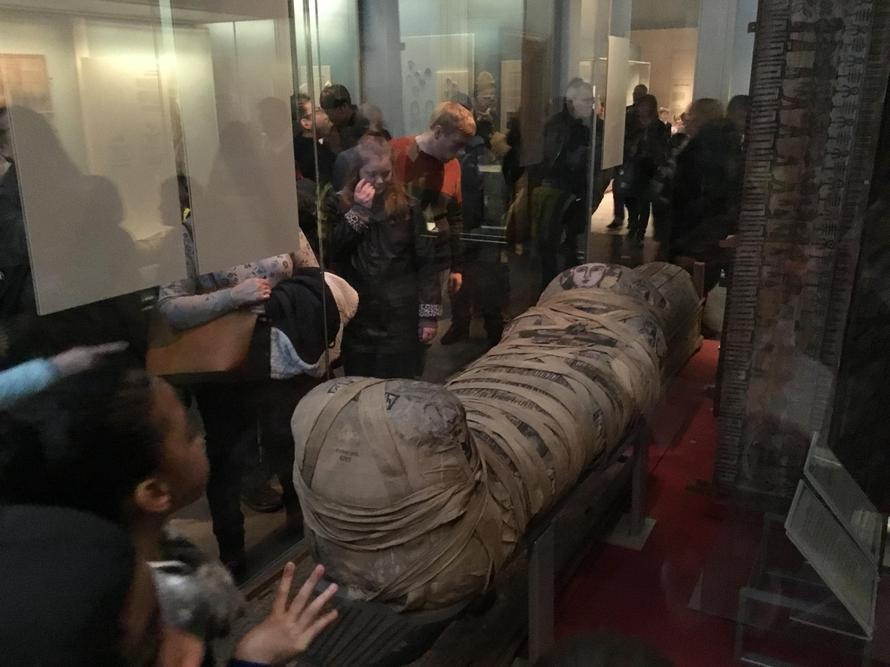
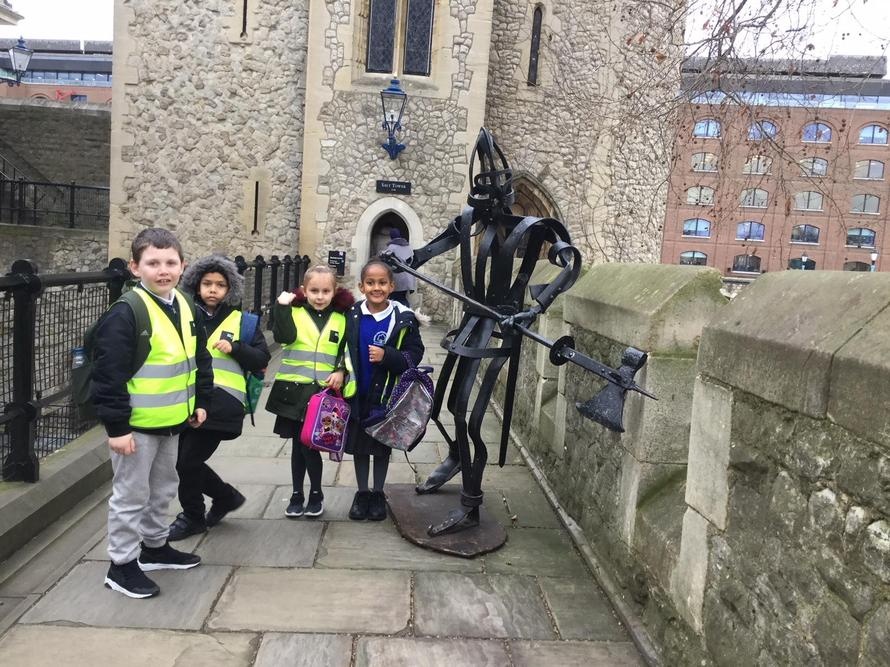
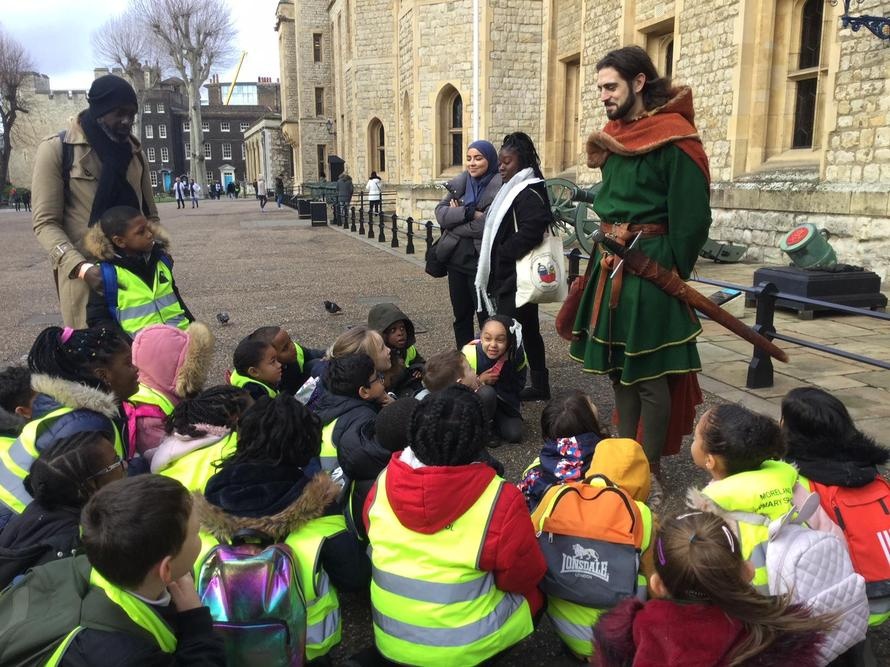
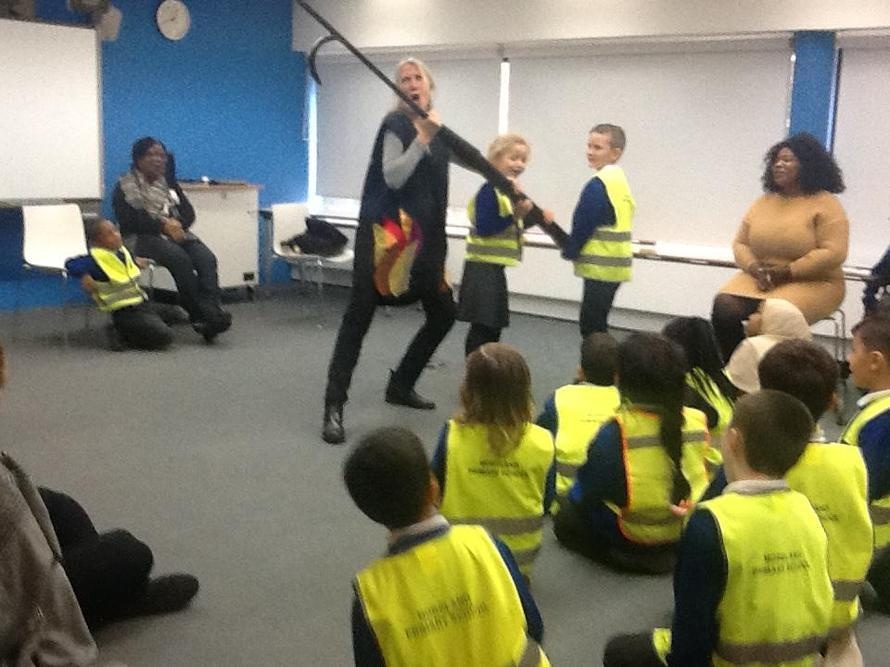
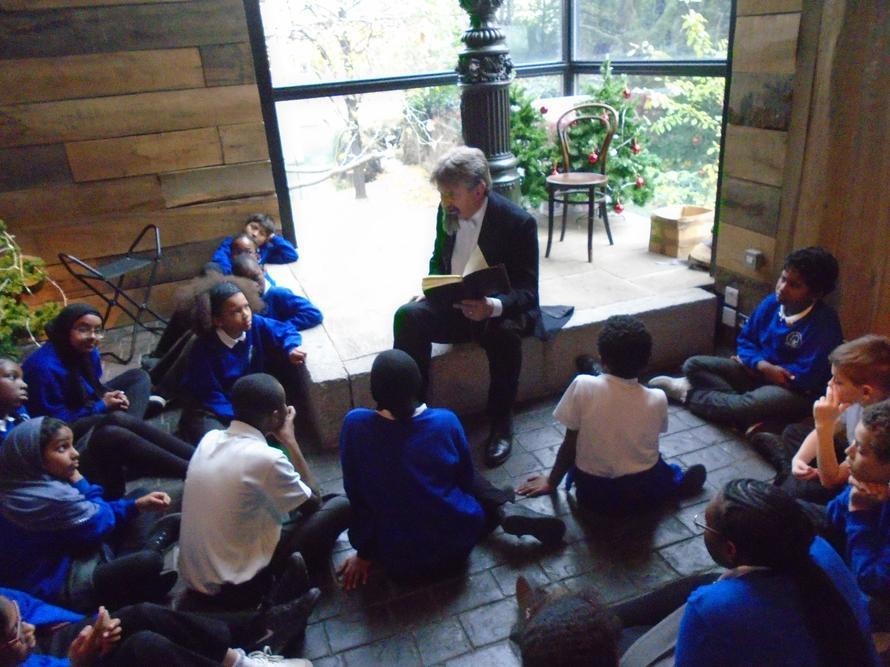
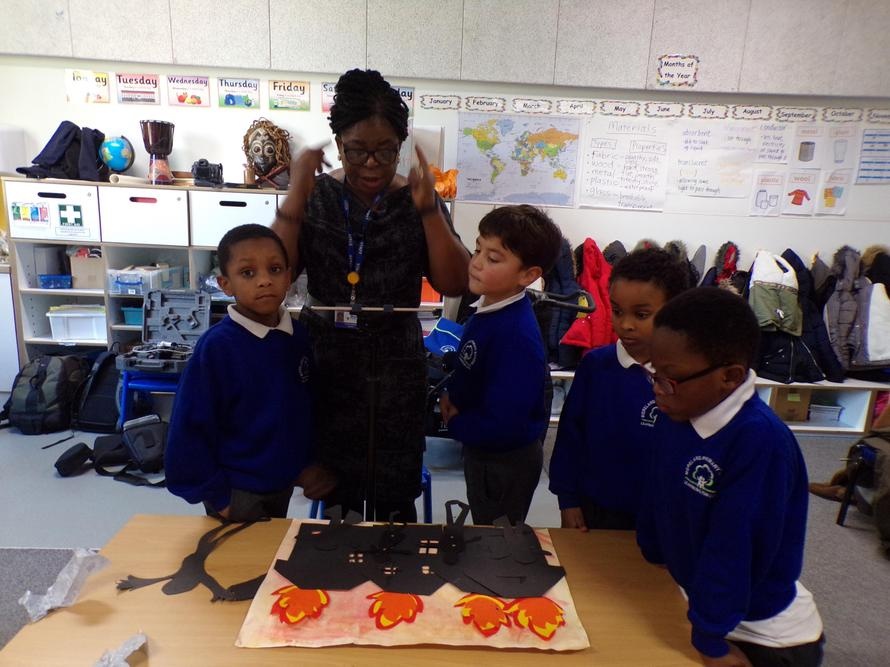
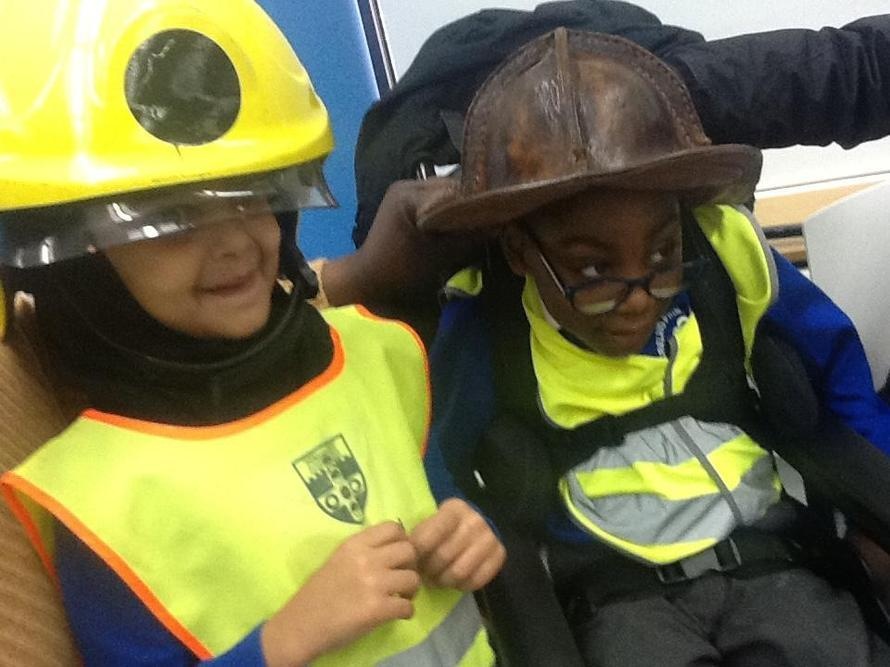
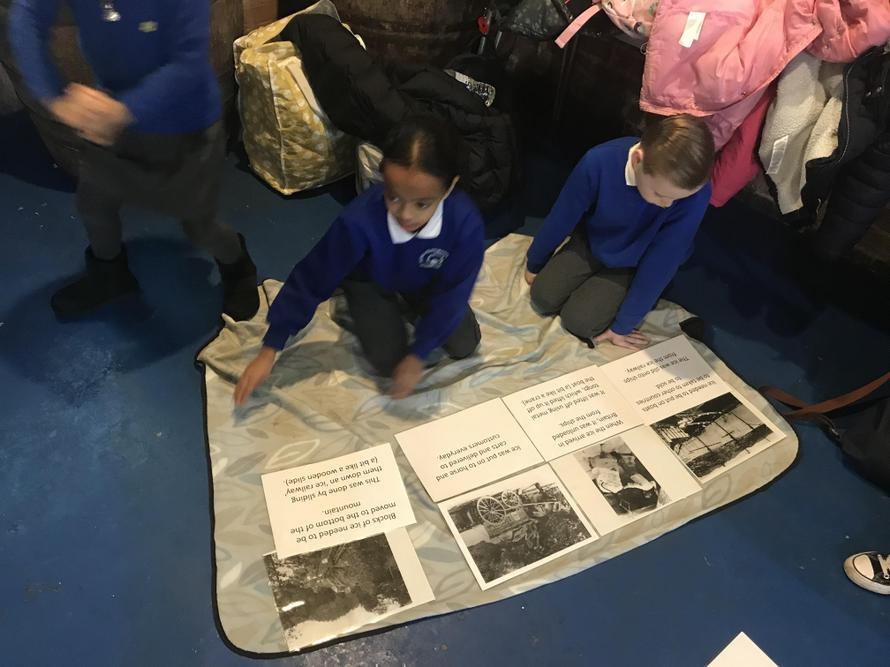
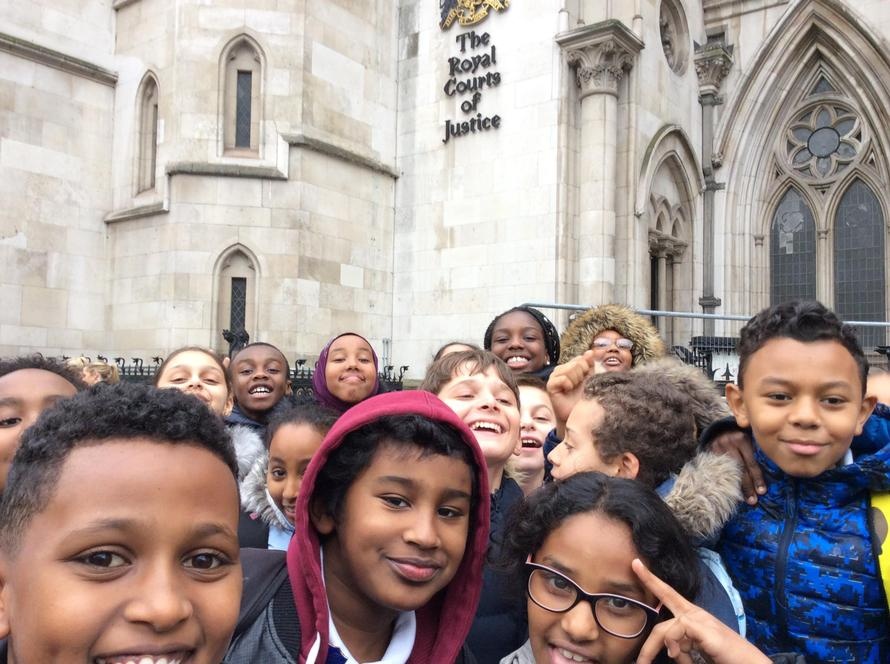
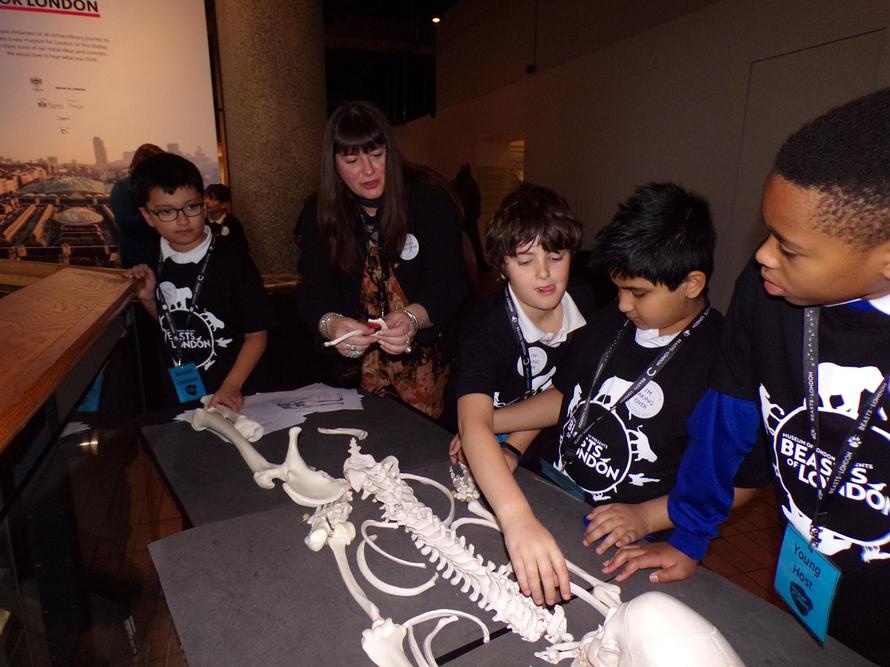
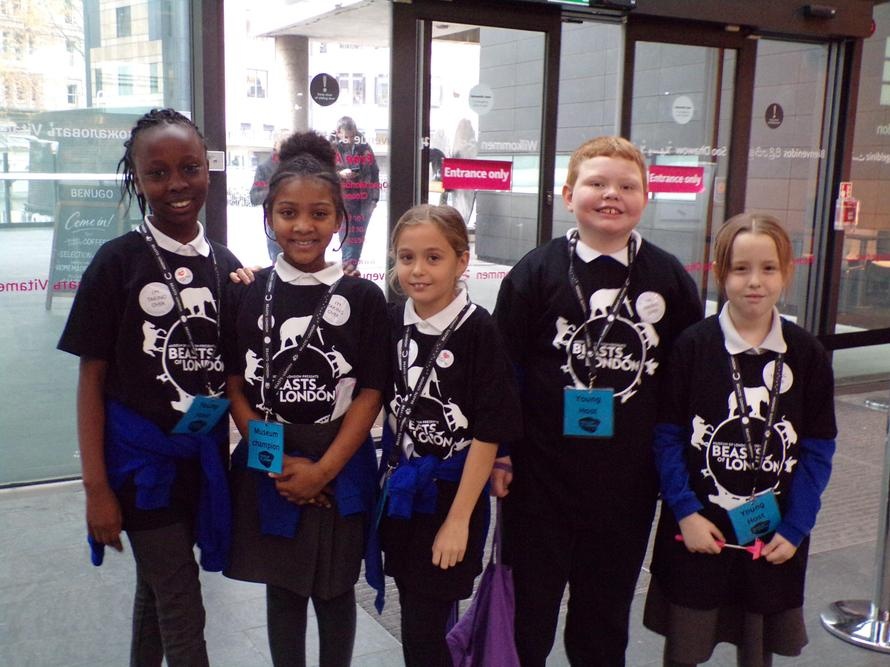
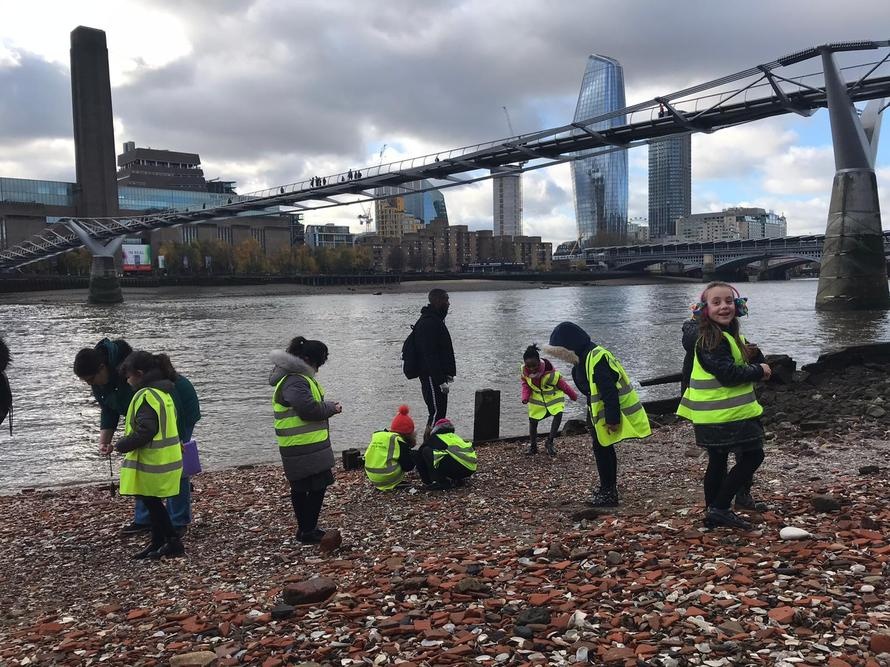
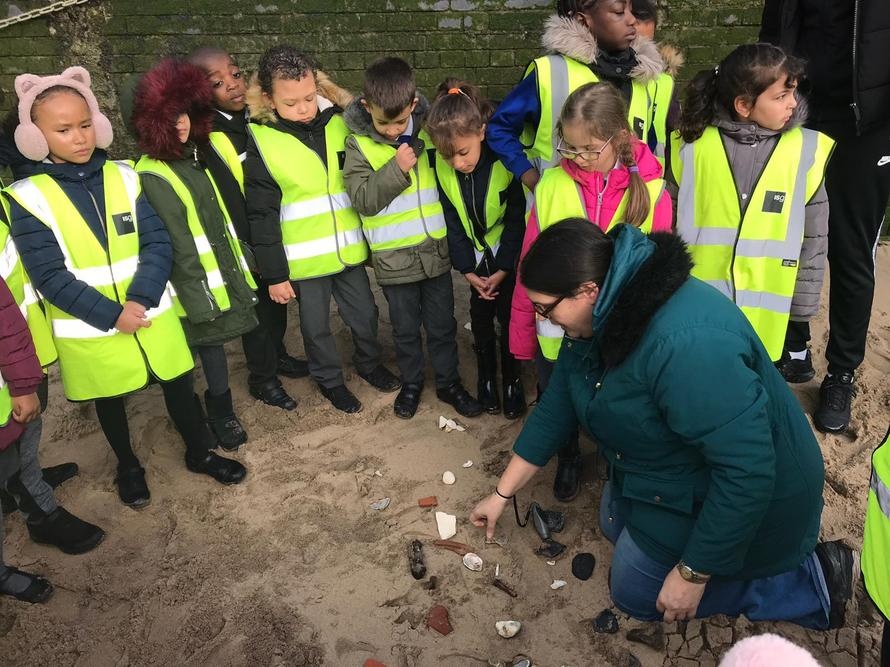
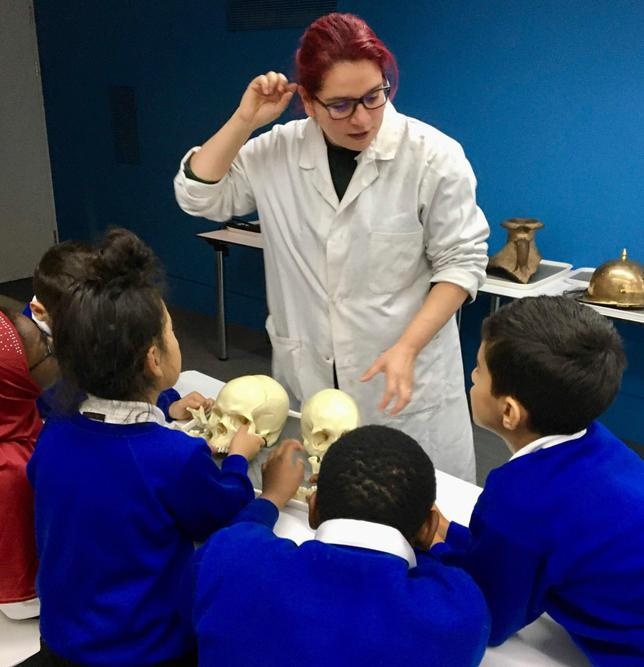
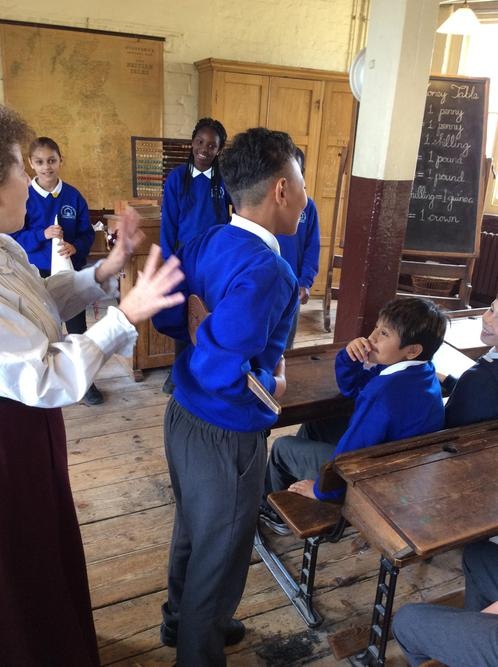
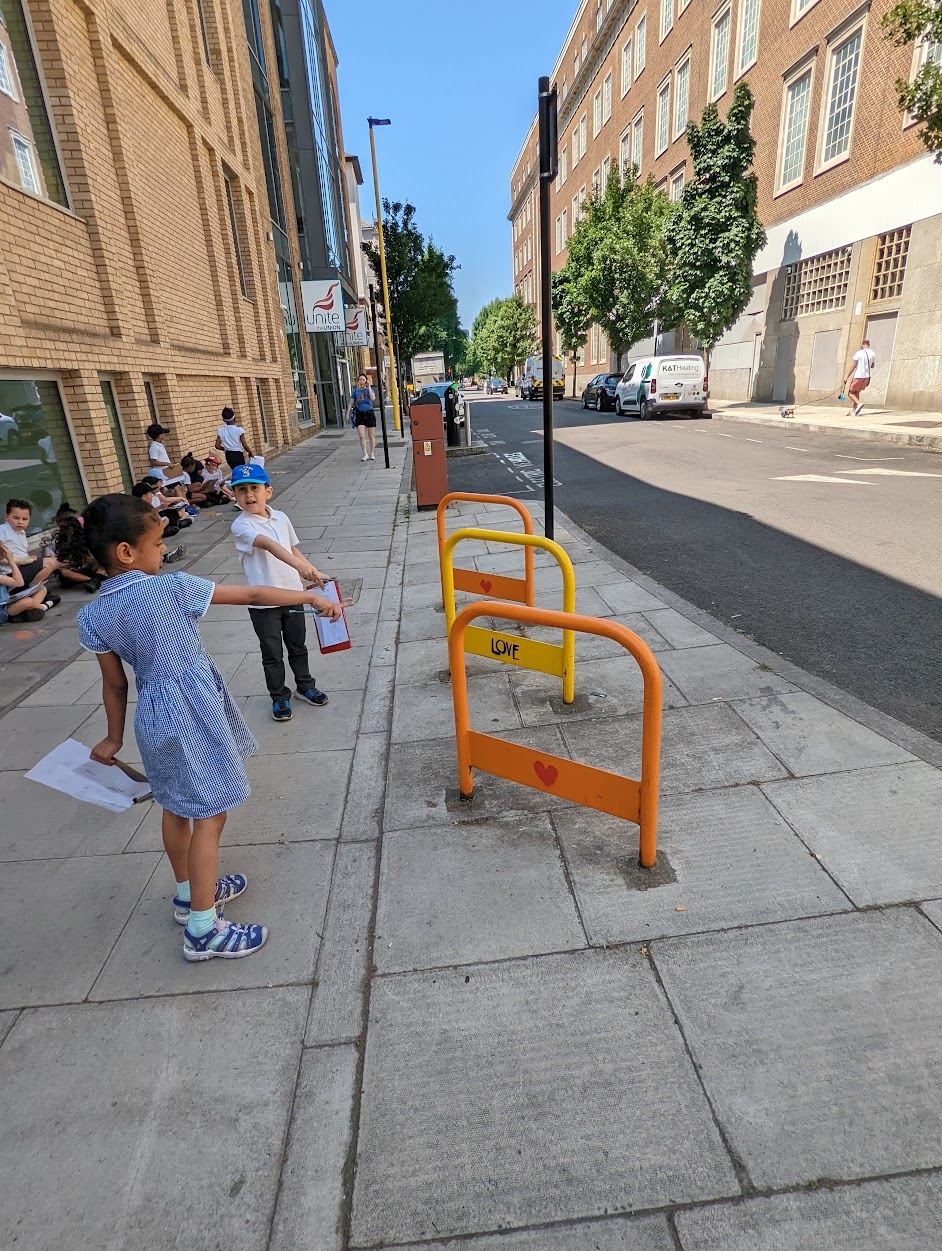
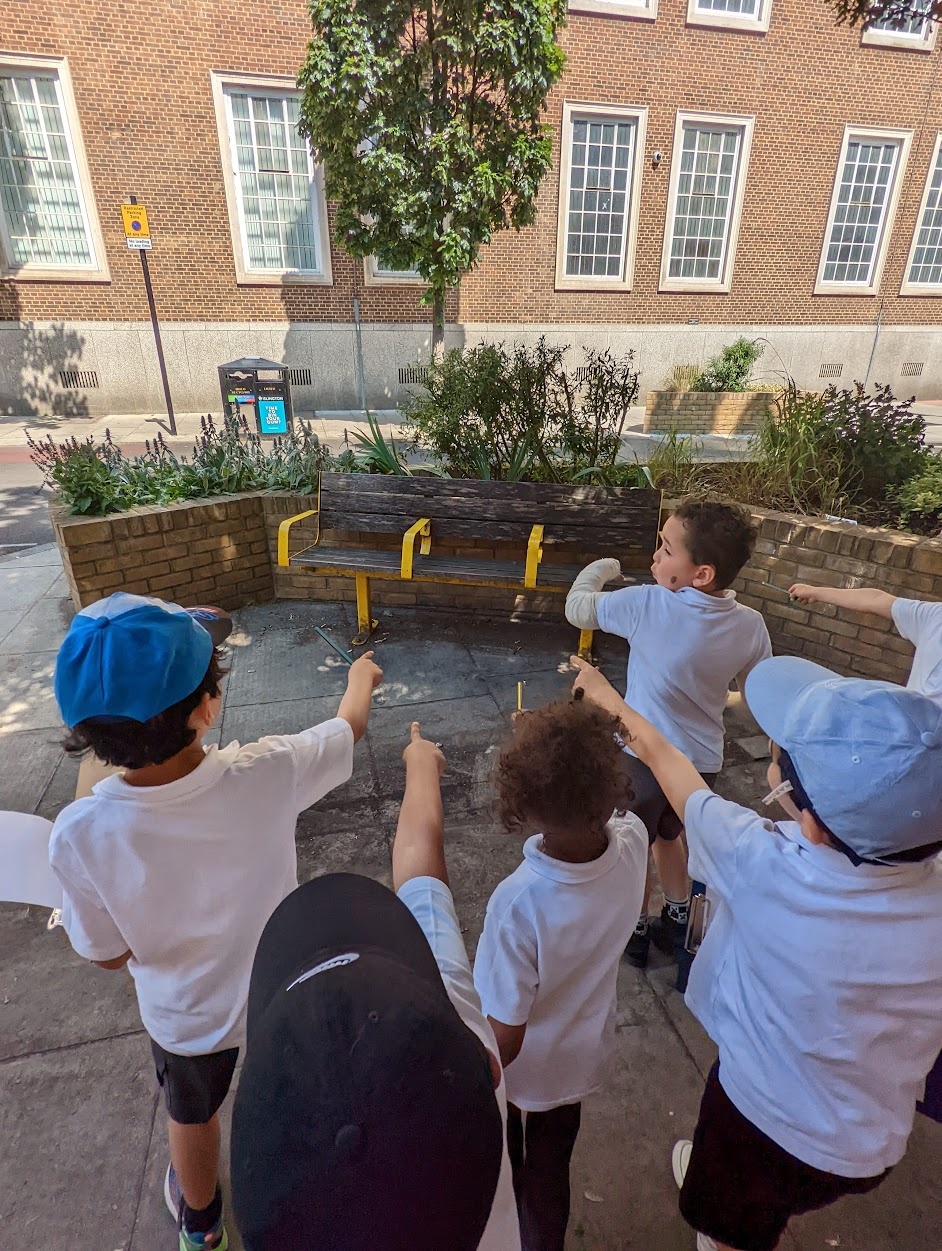
.jpg)
